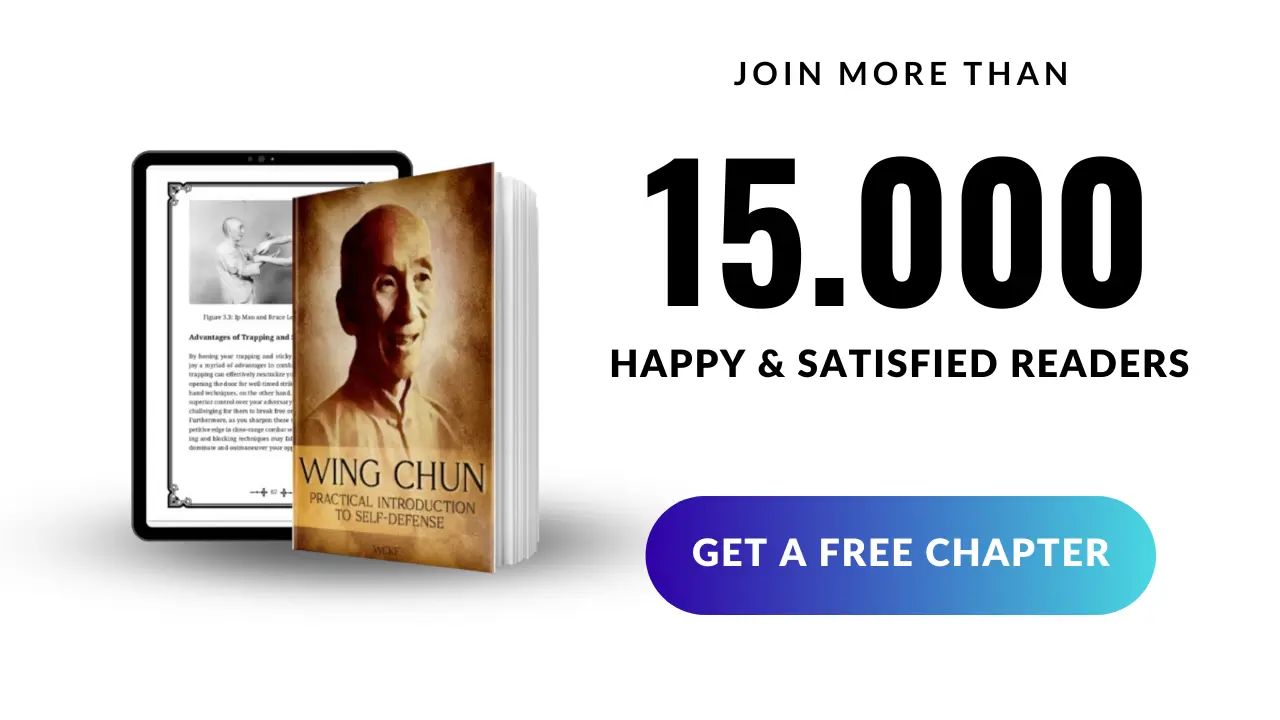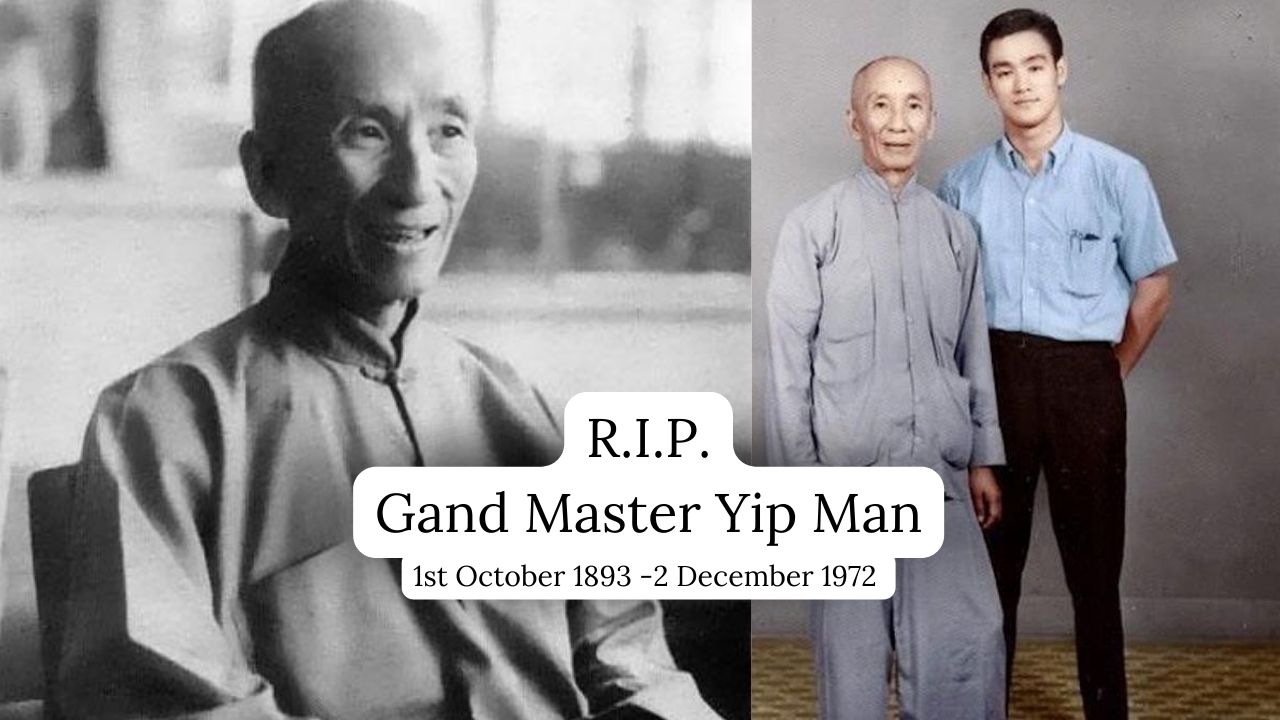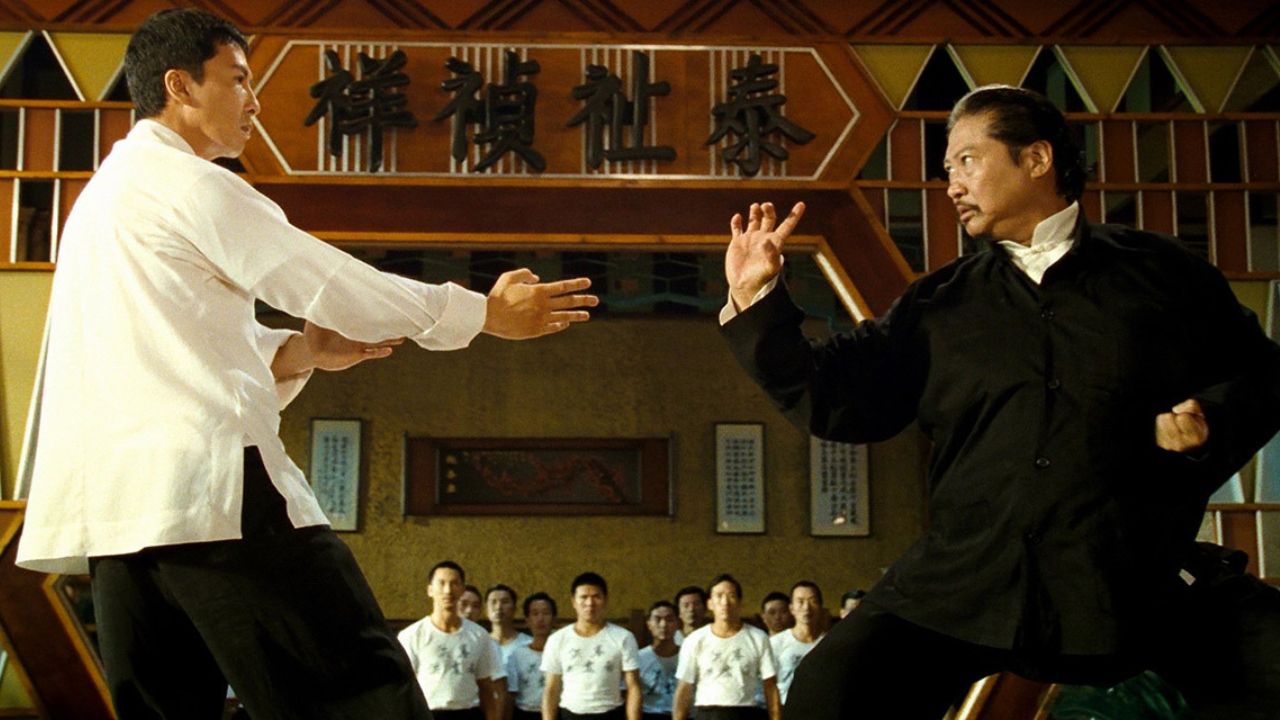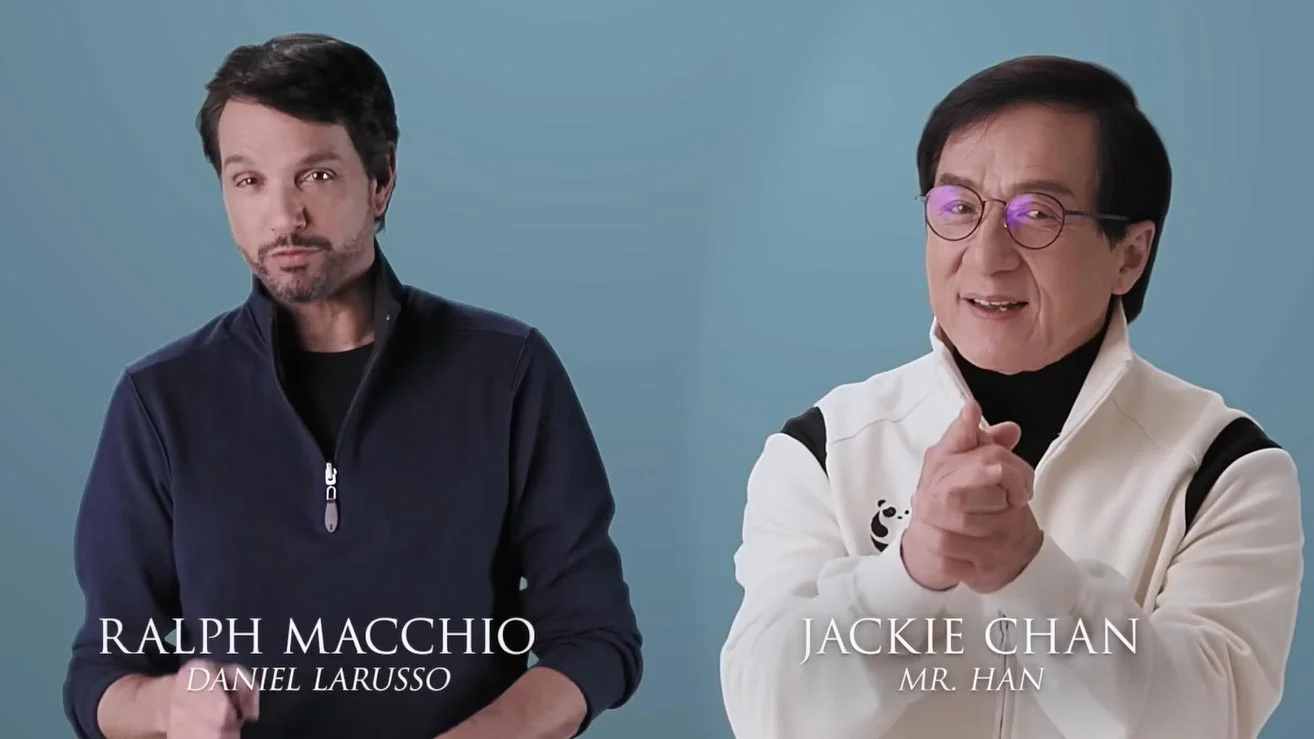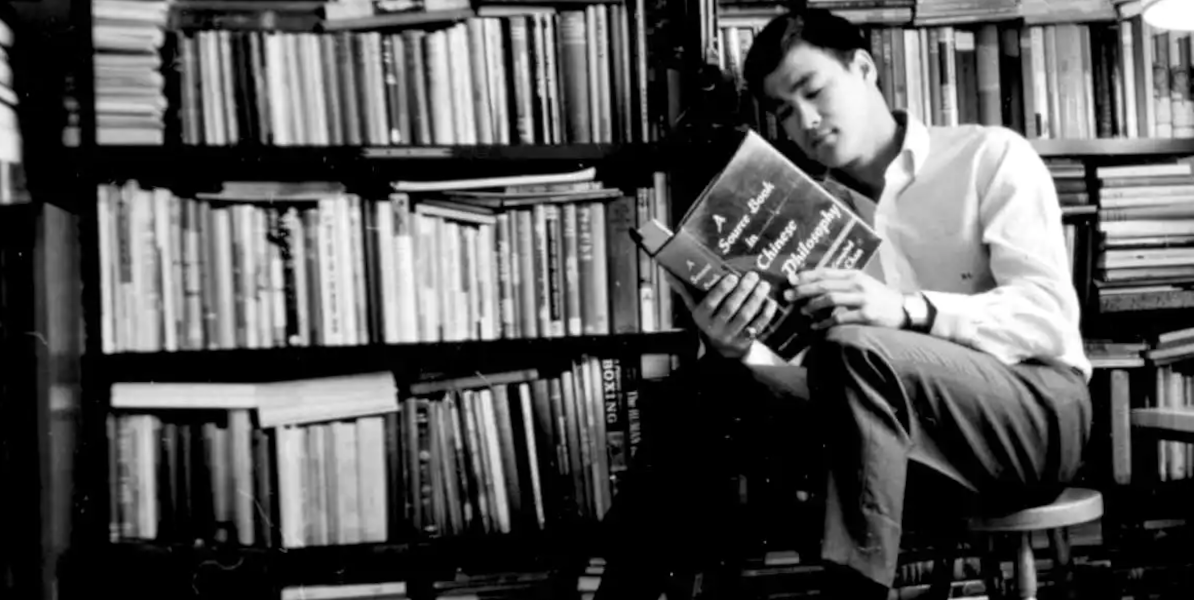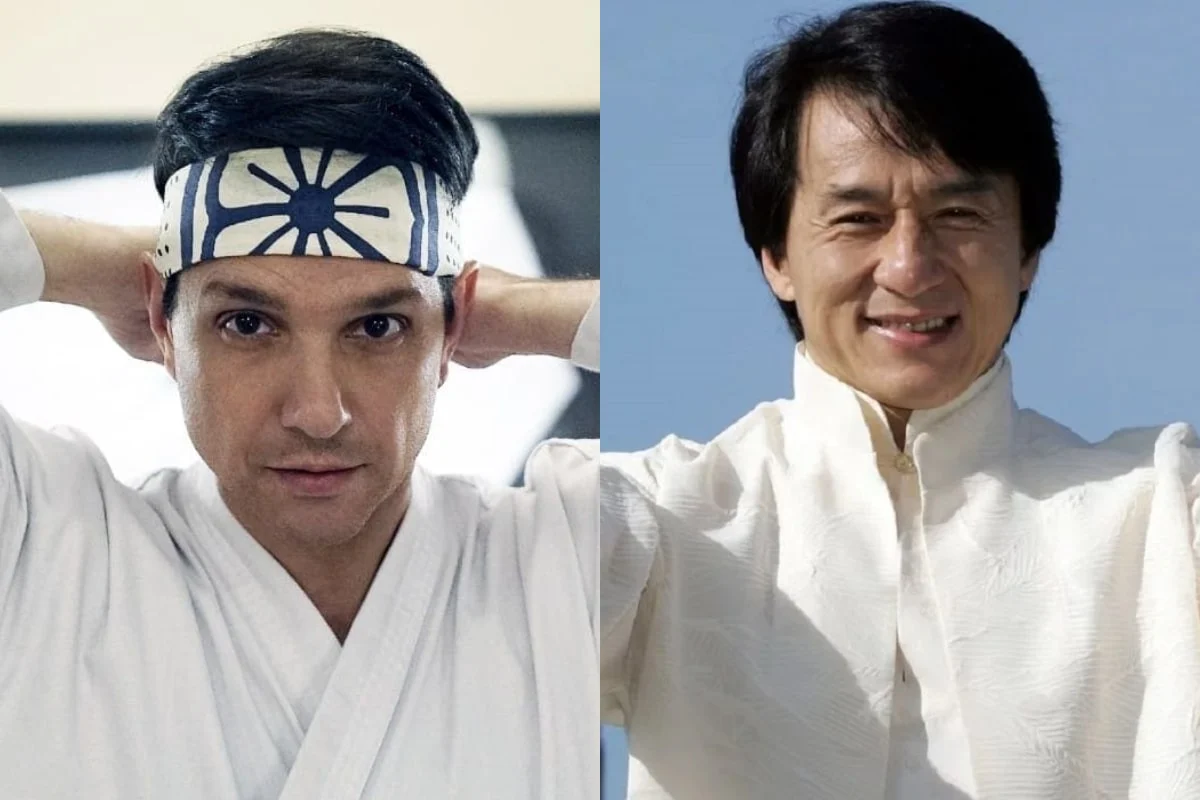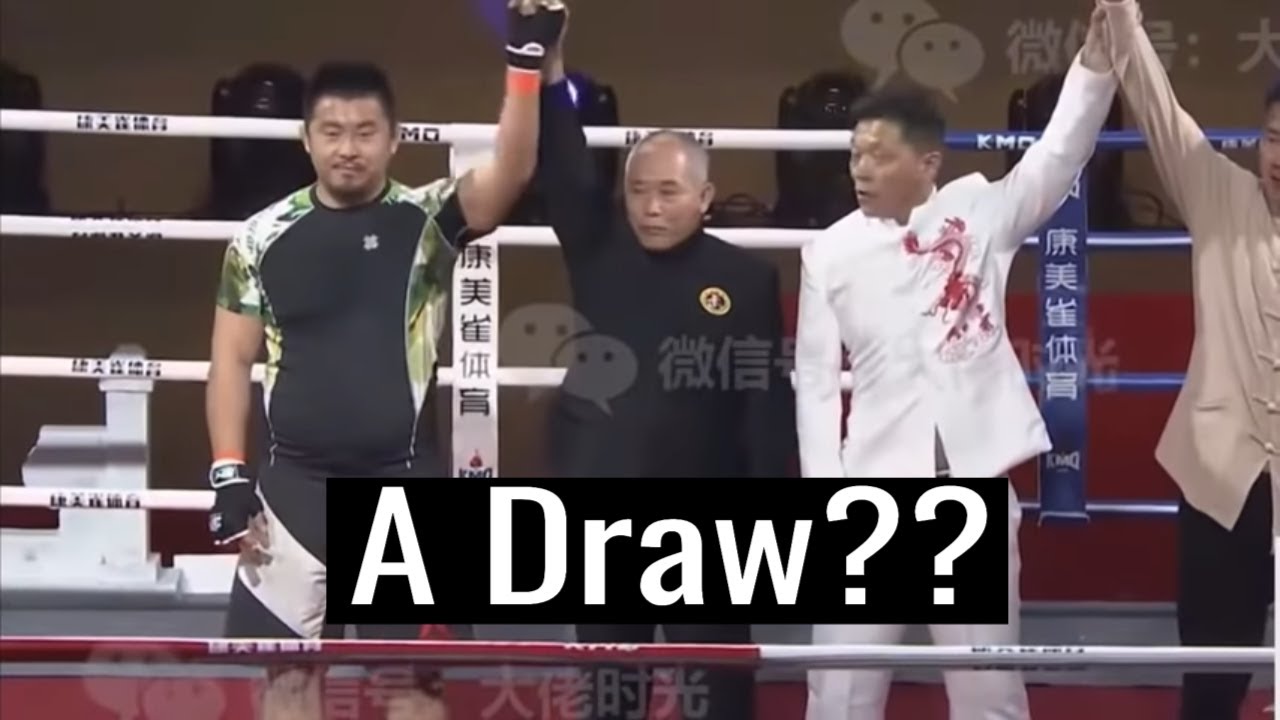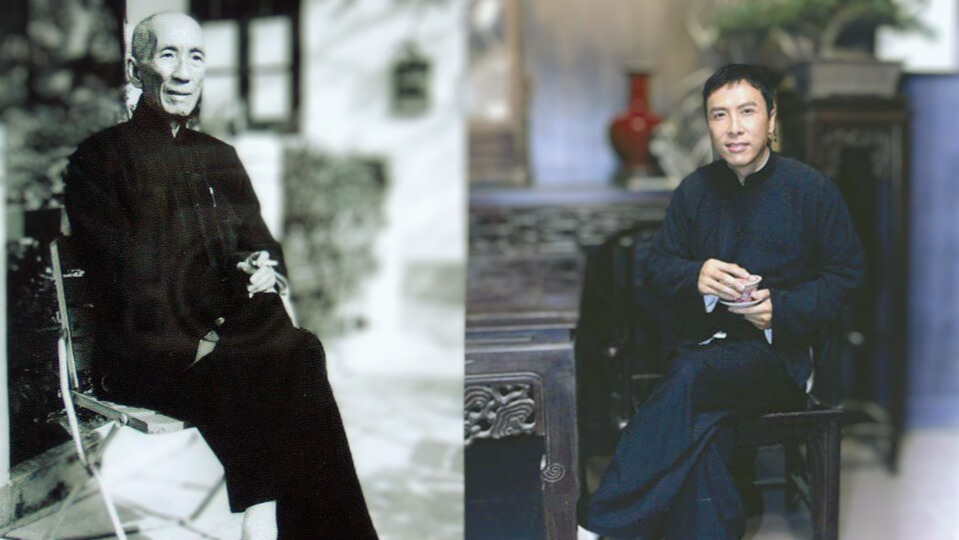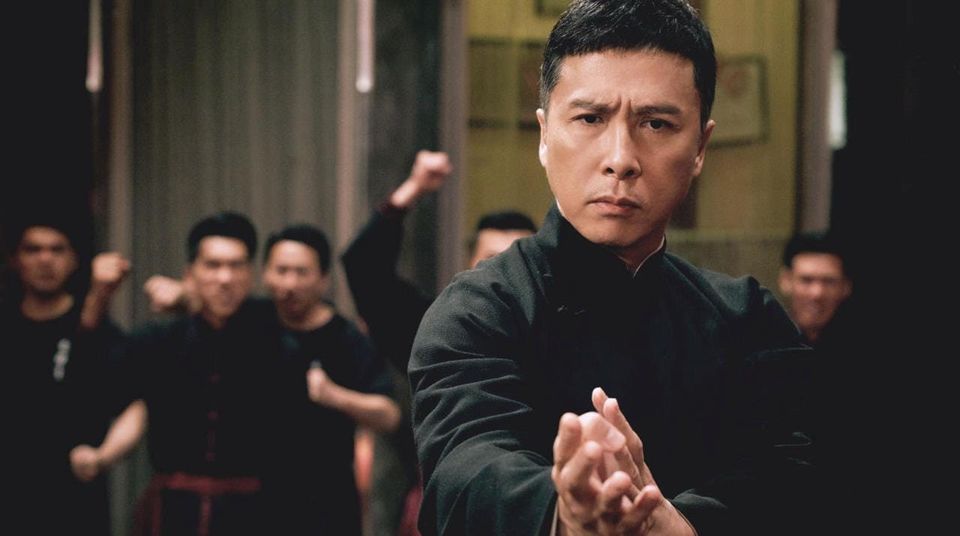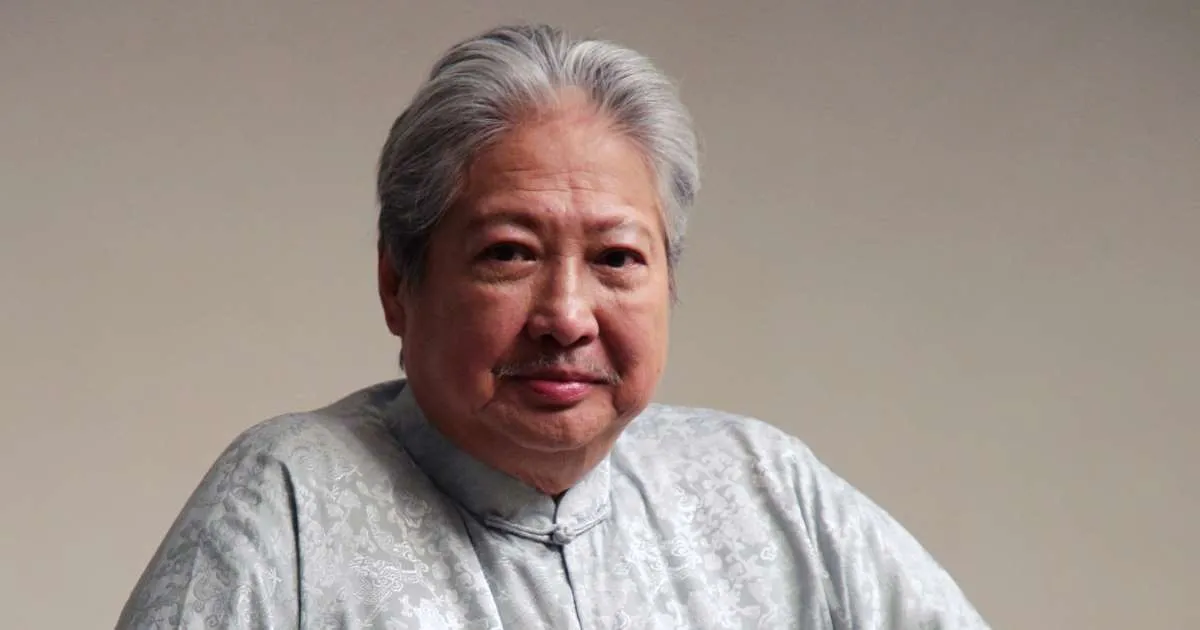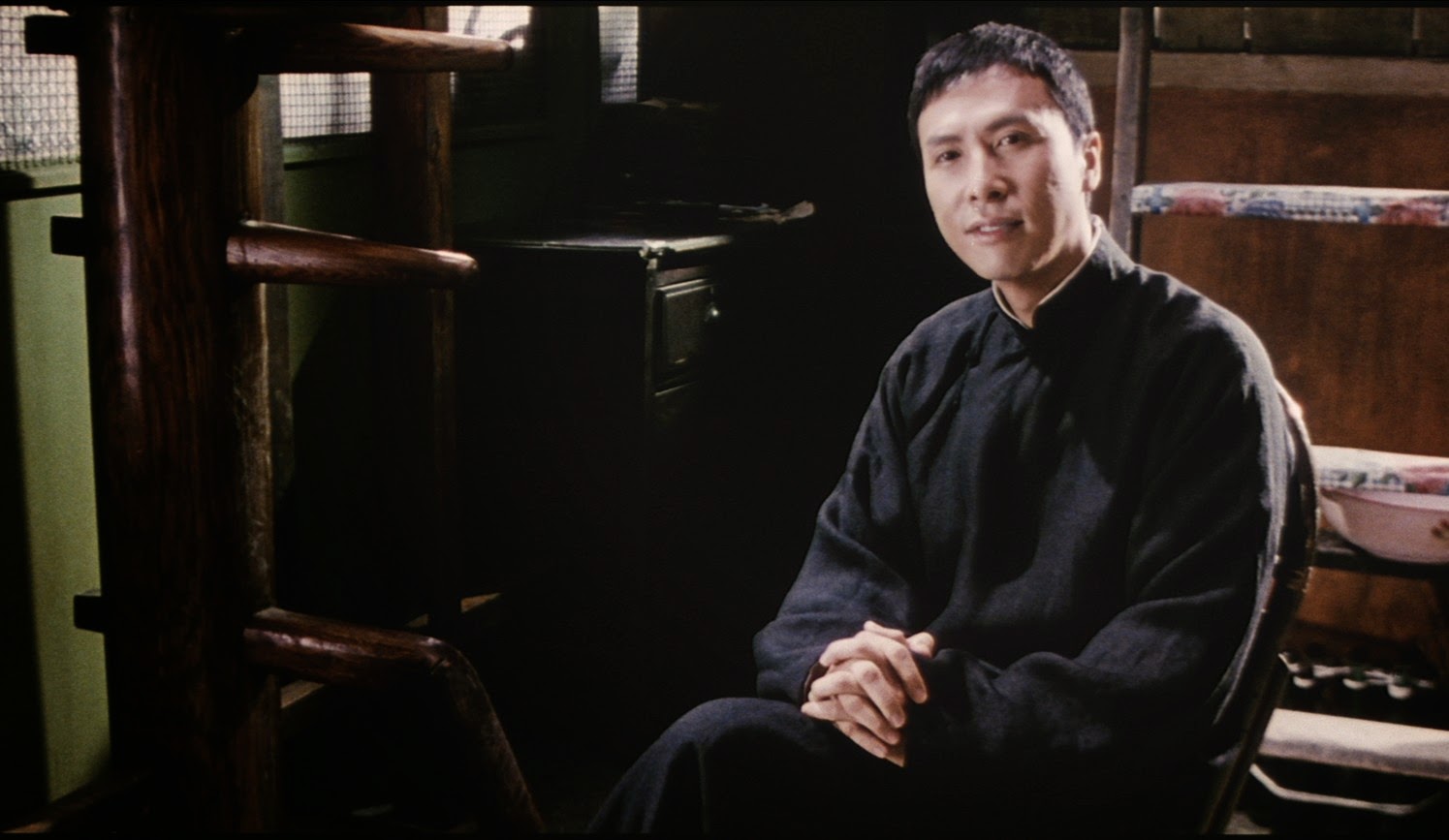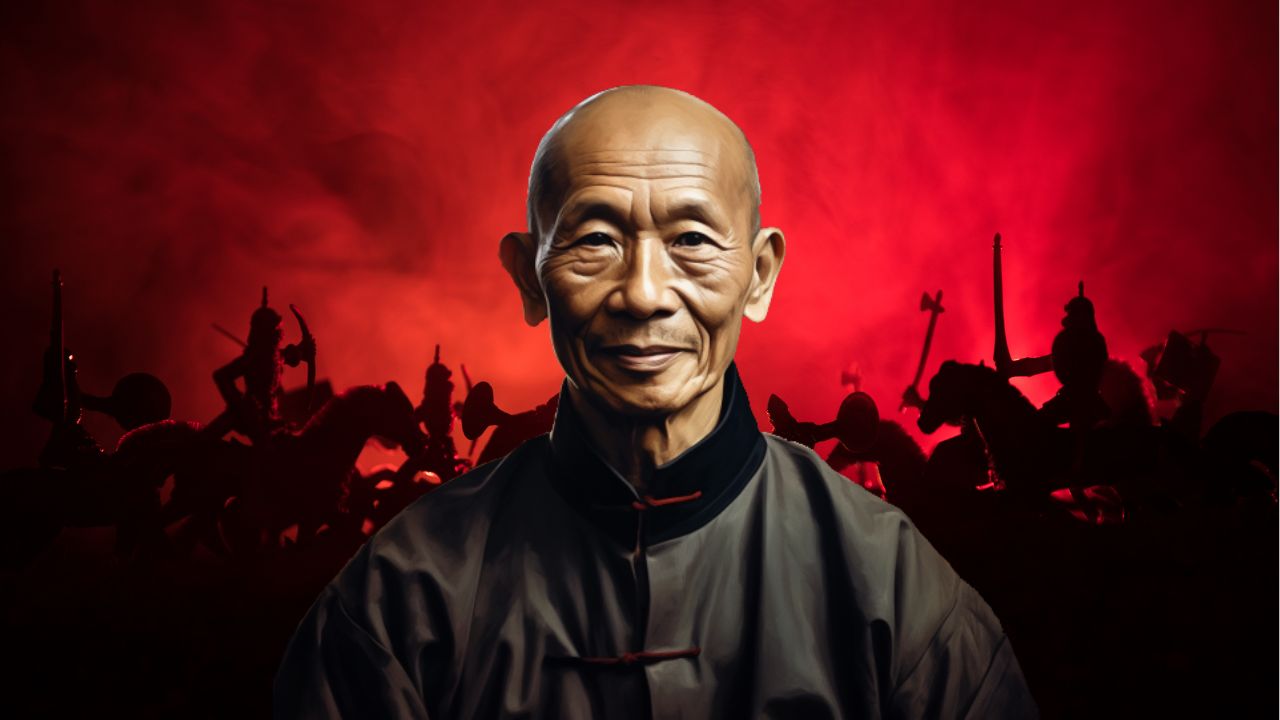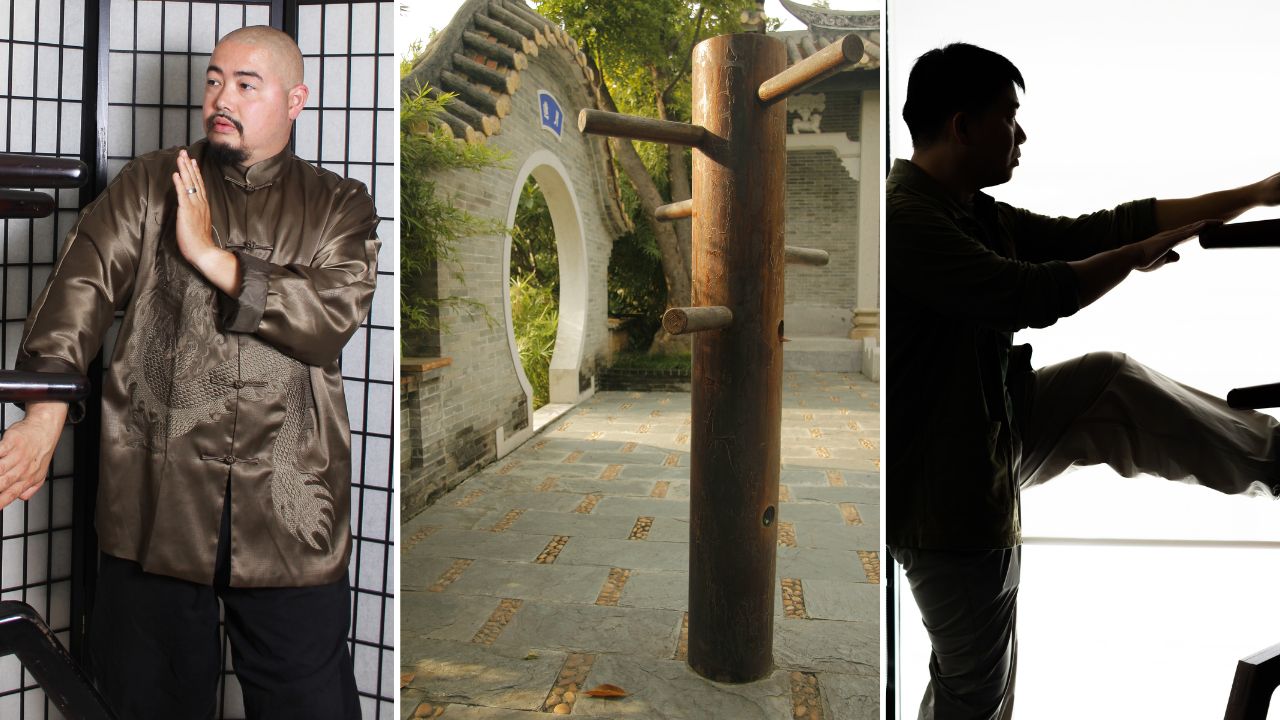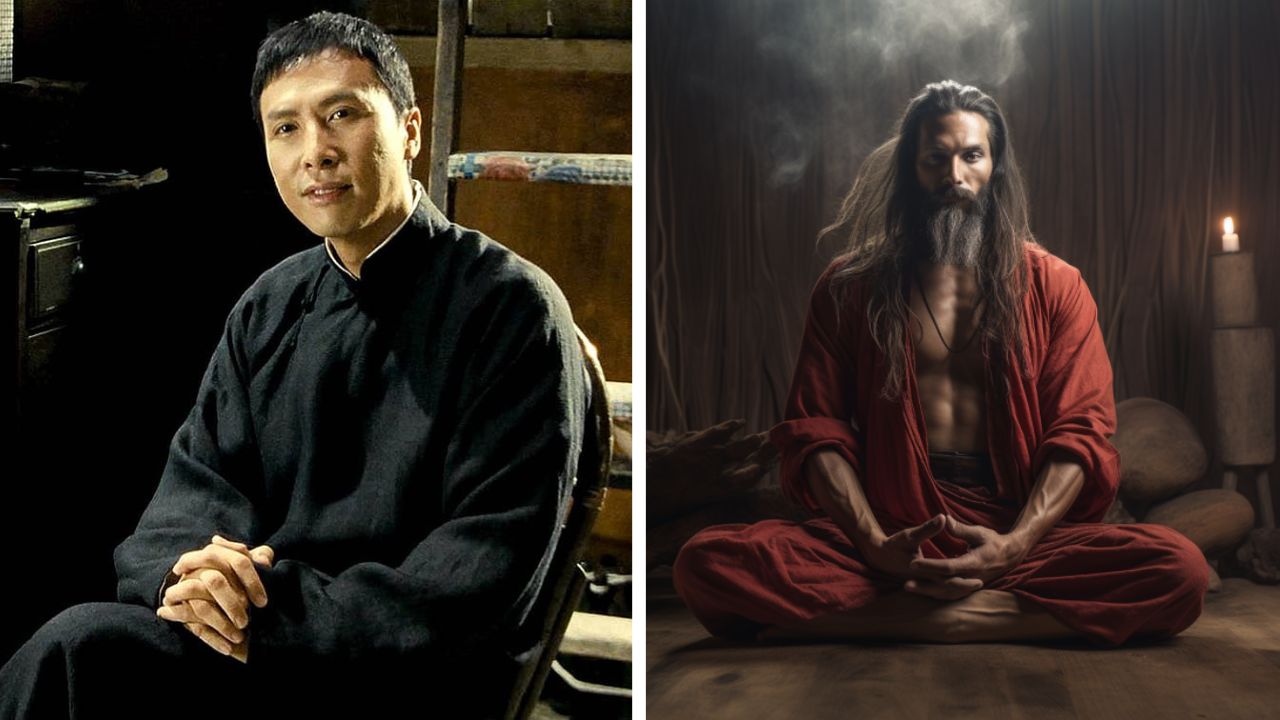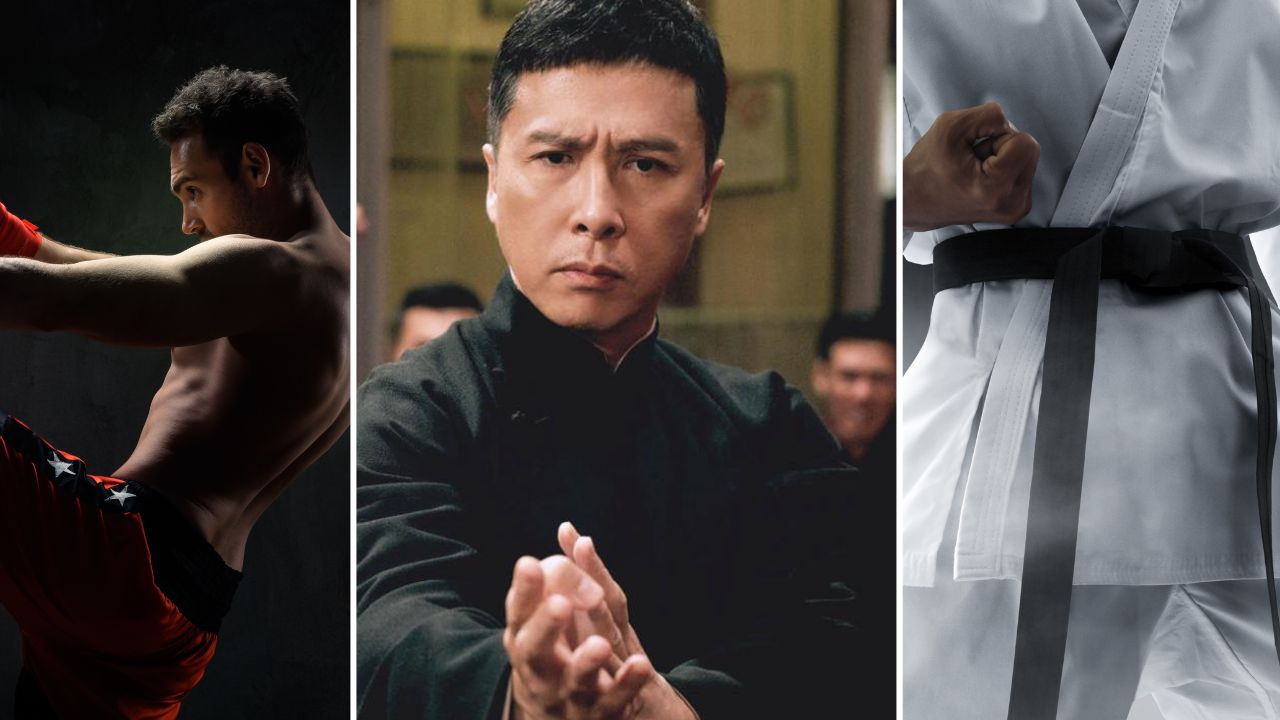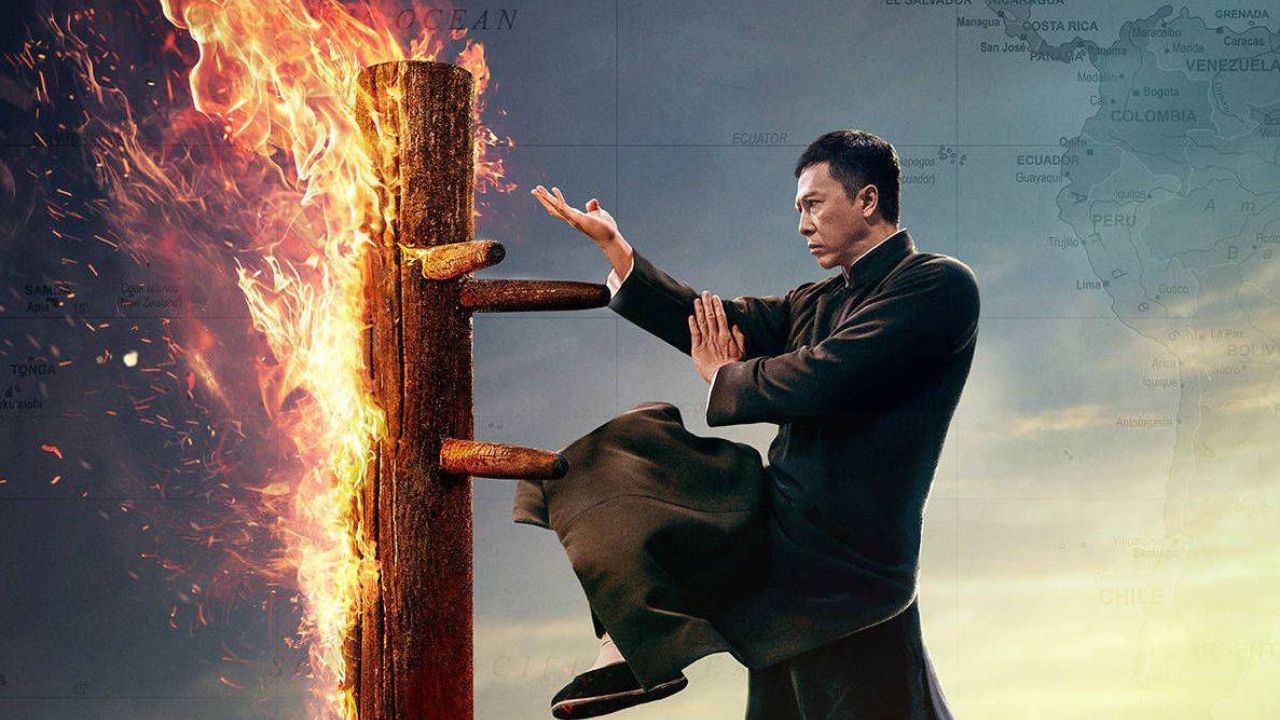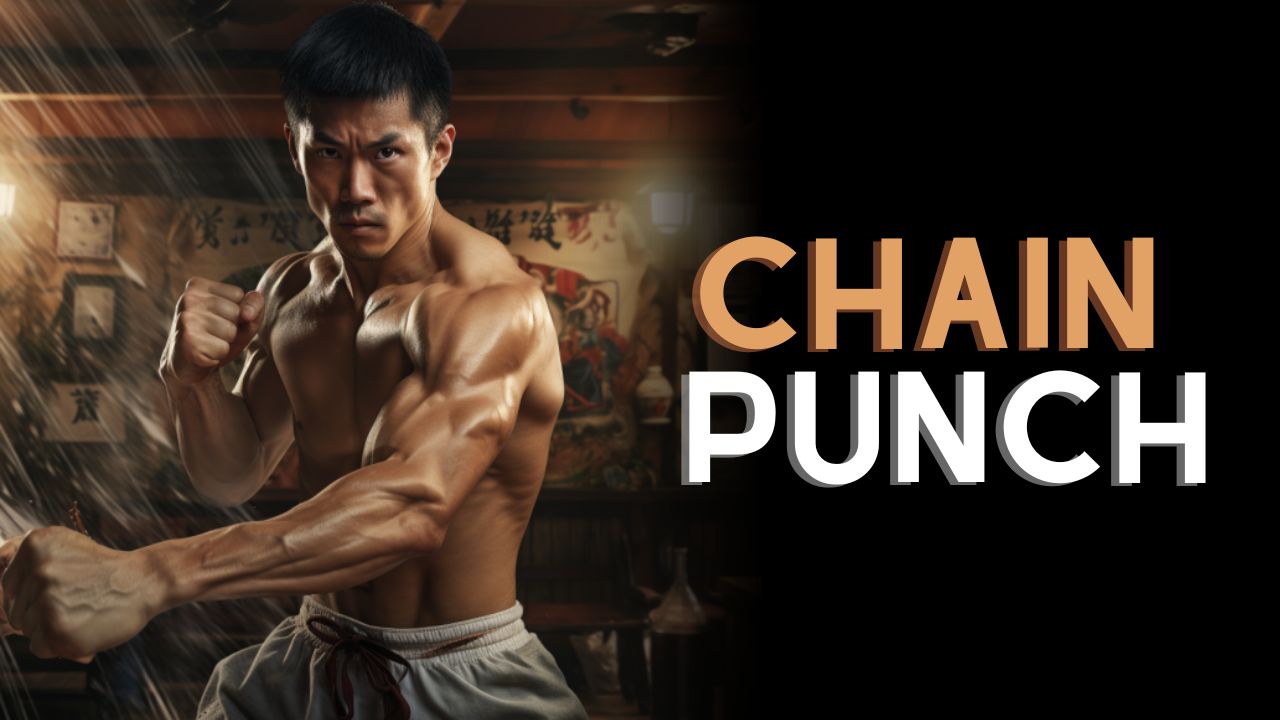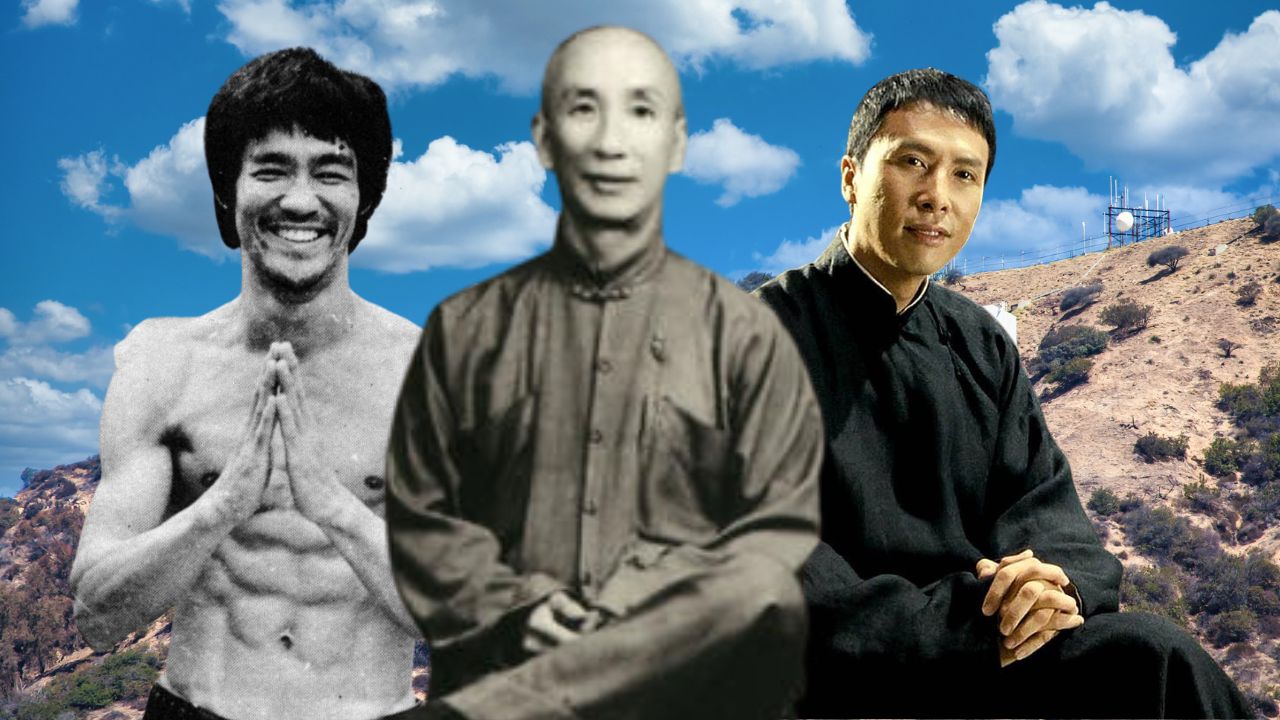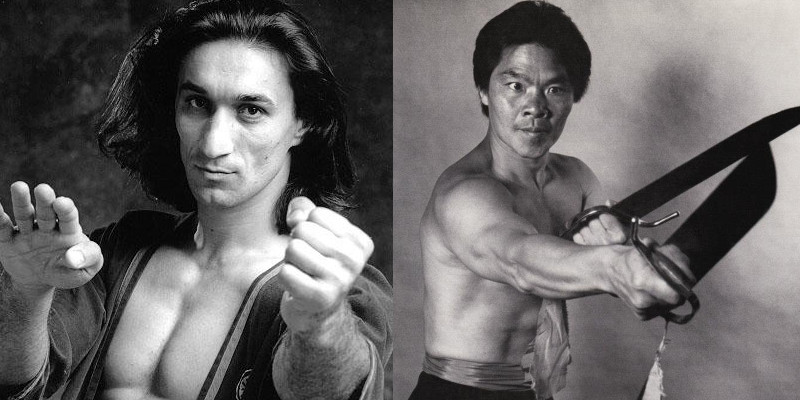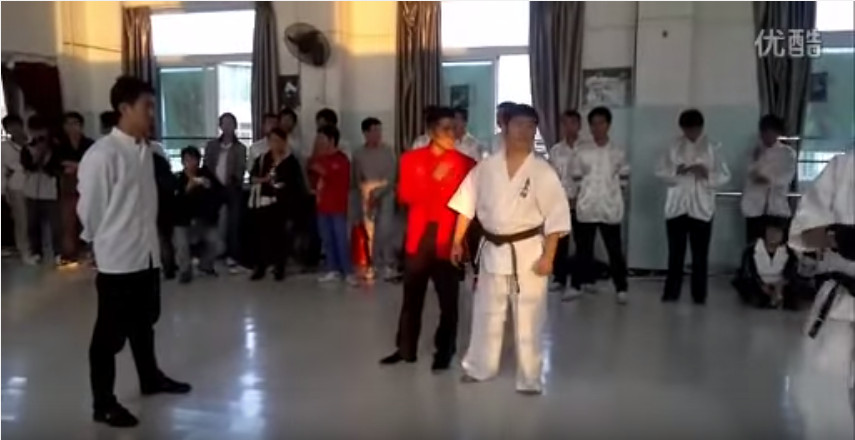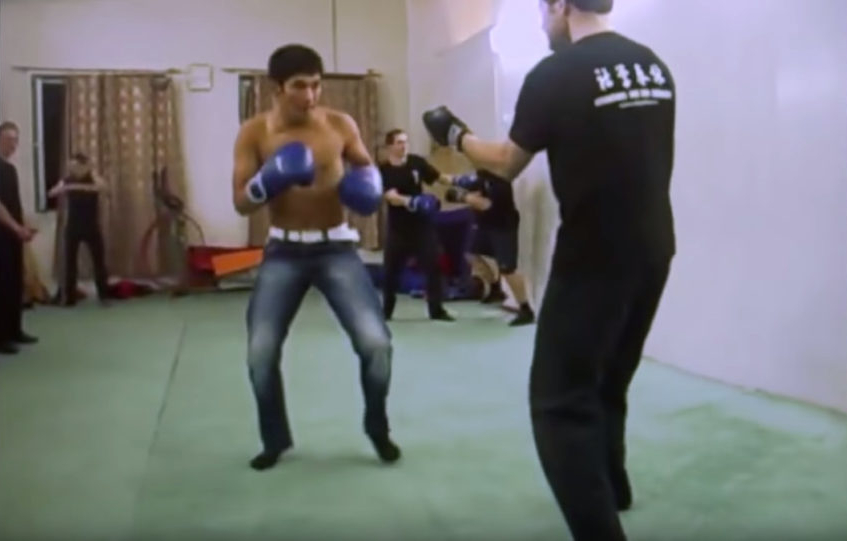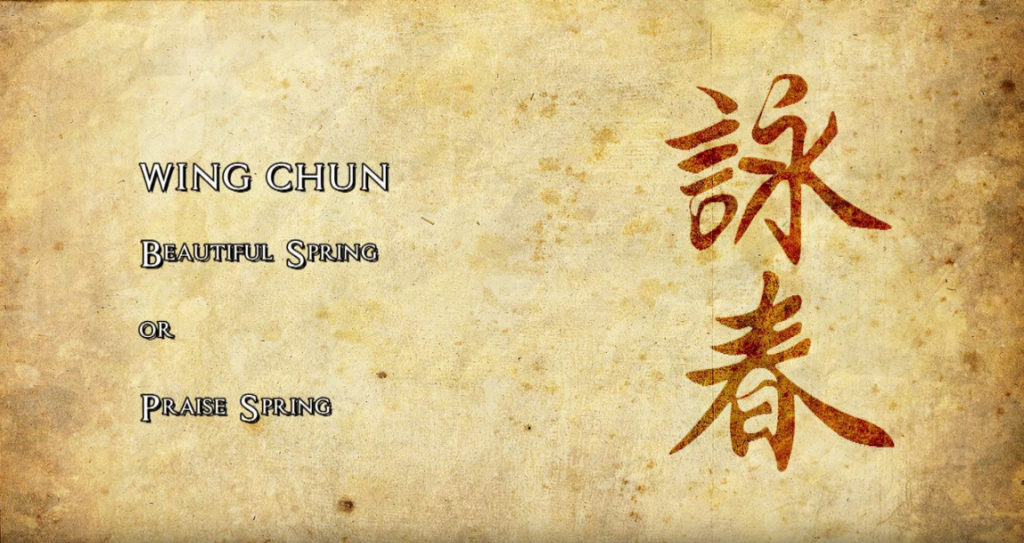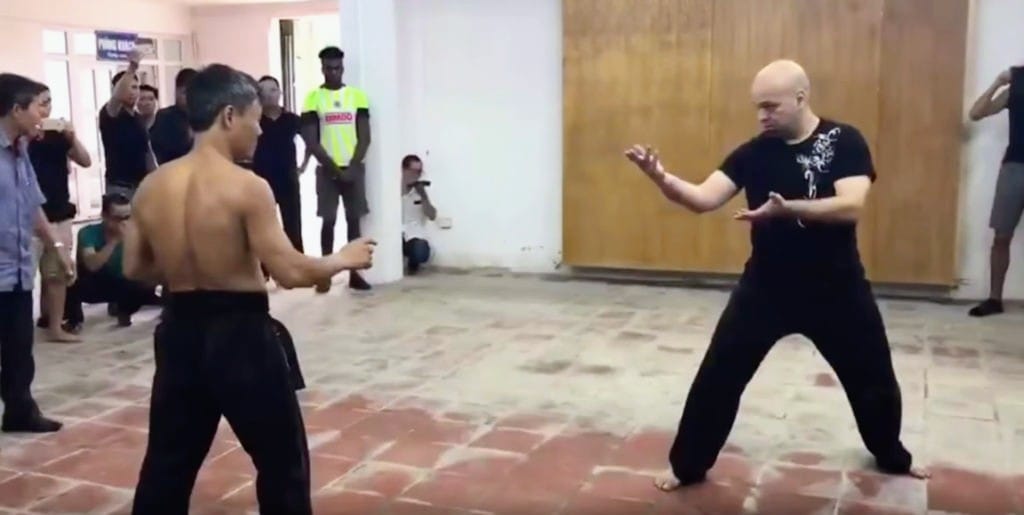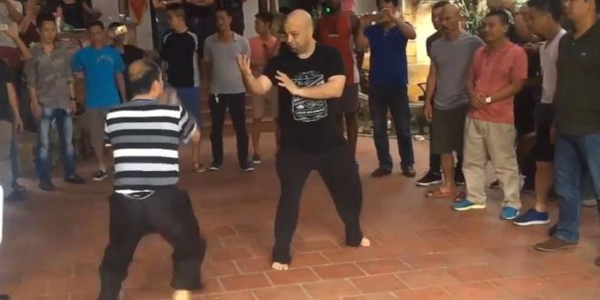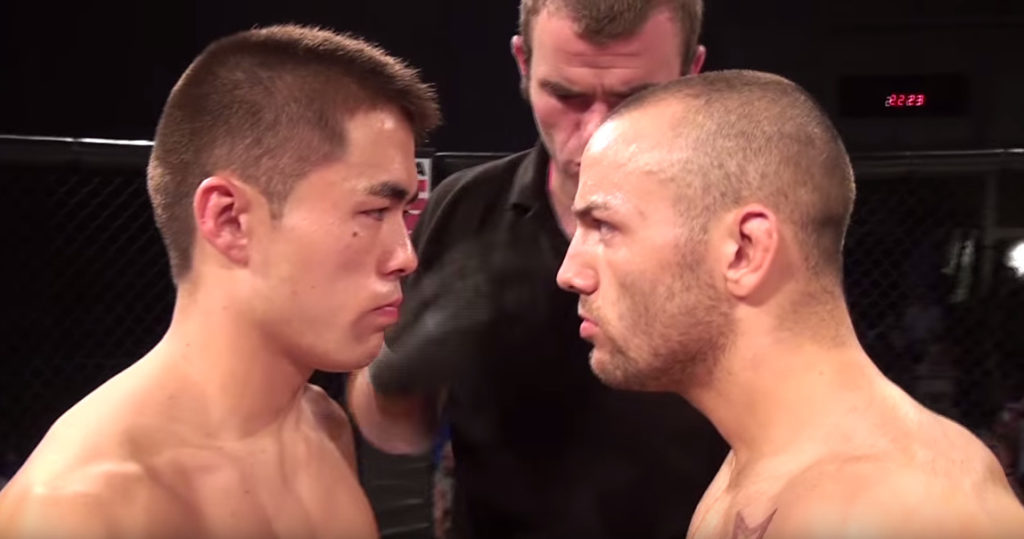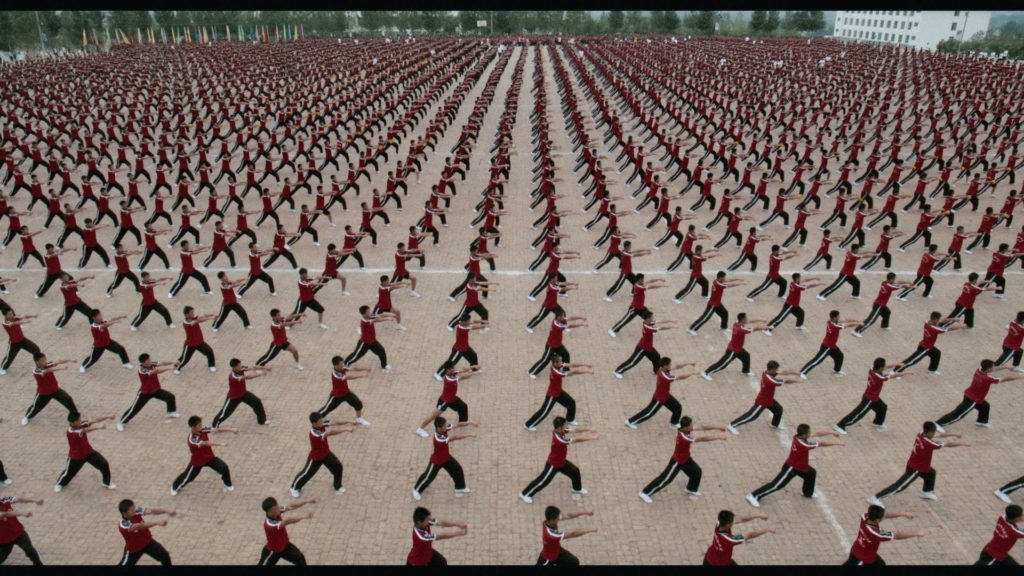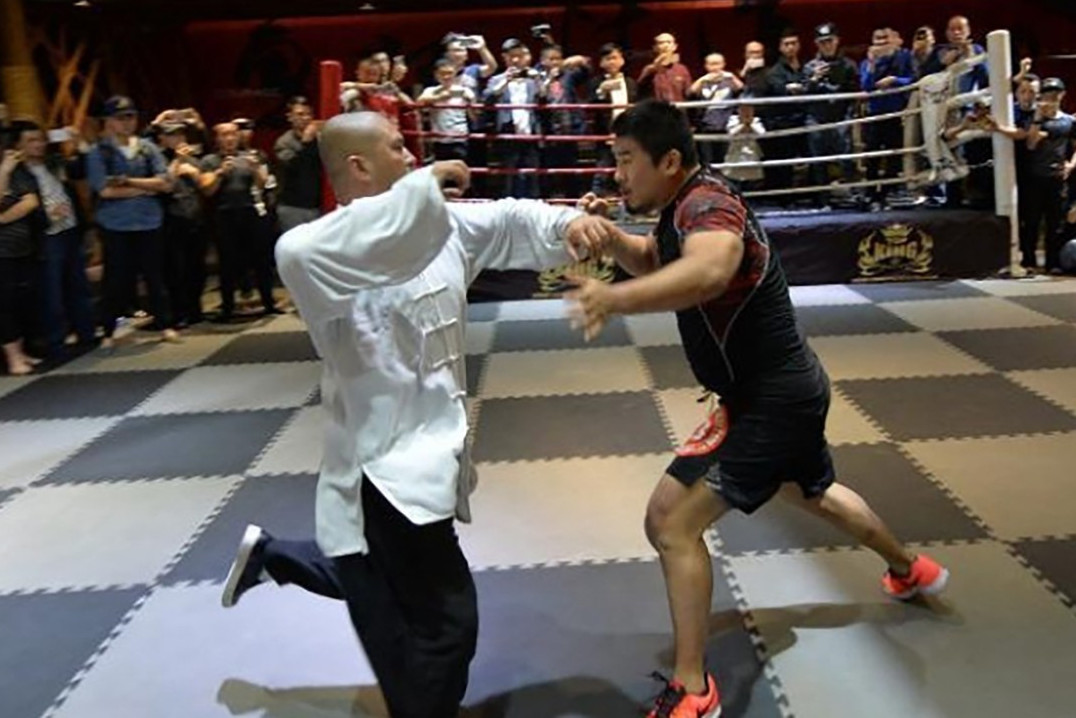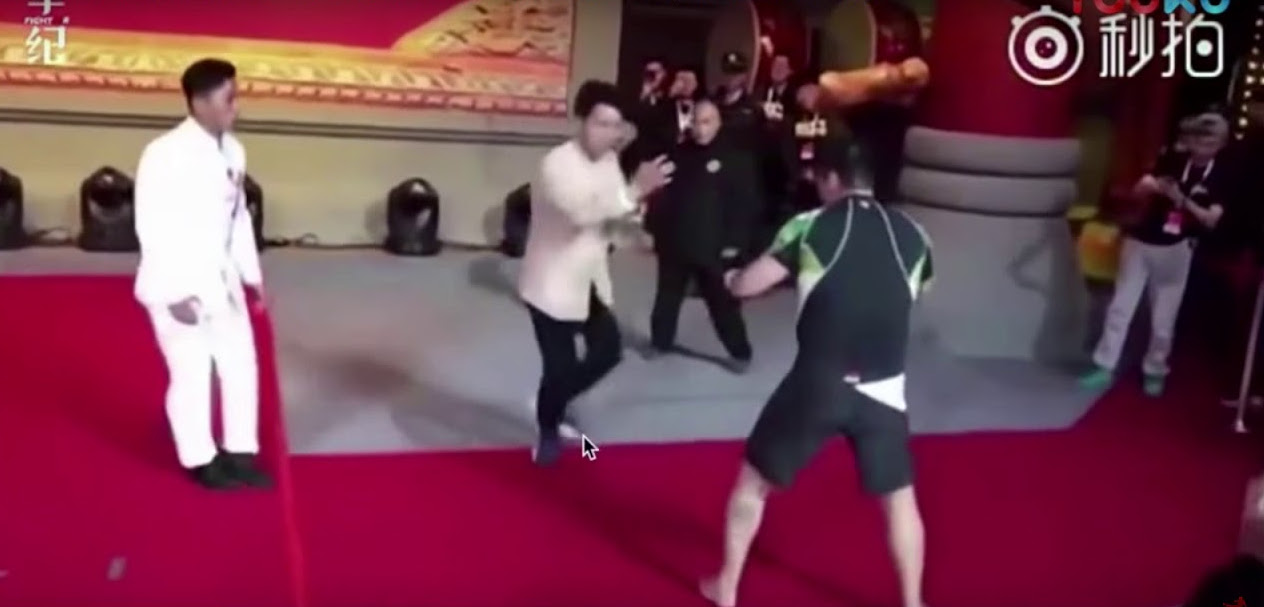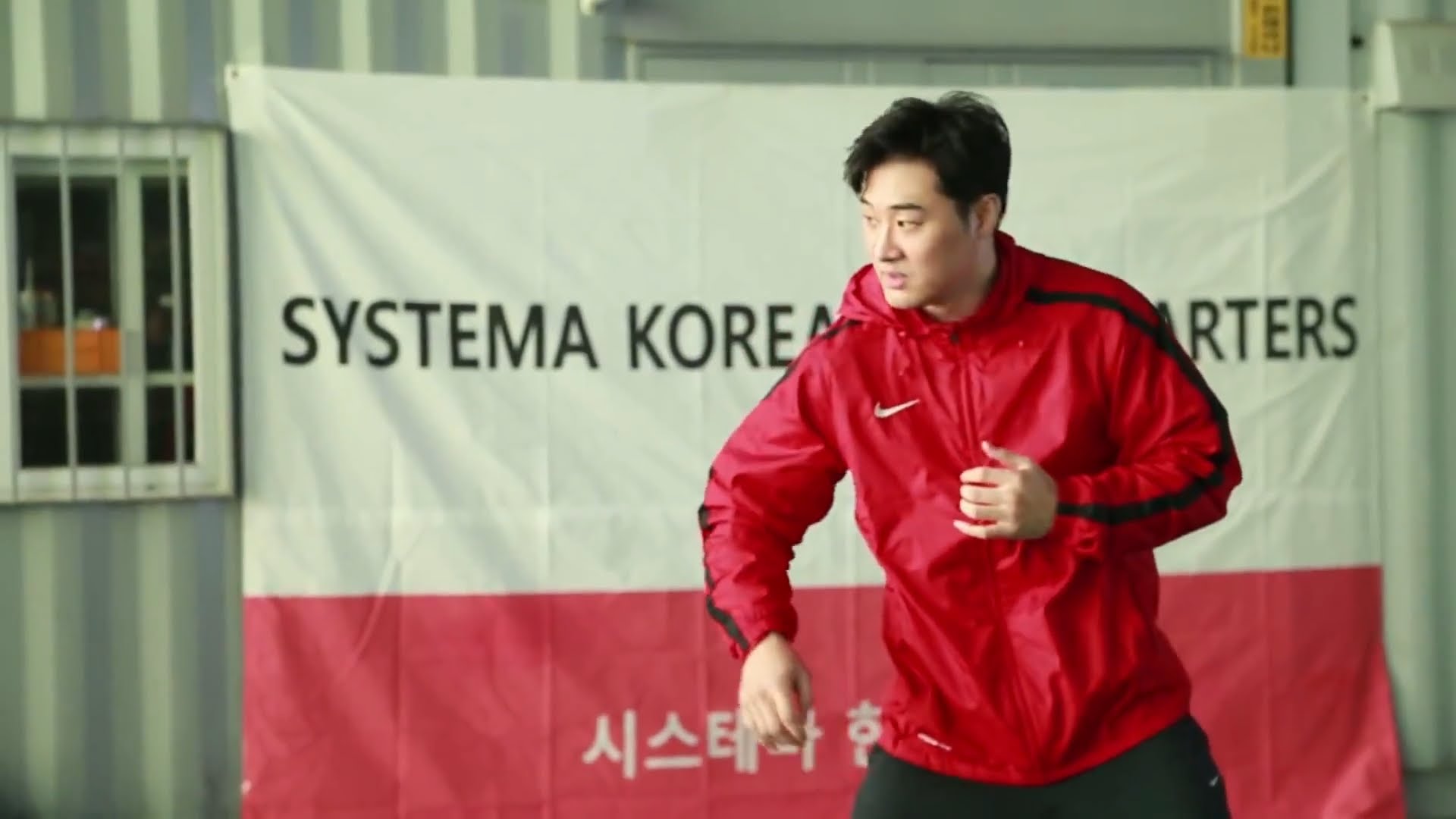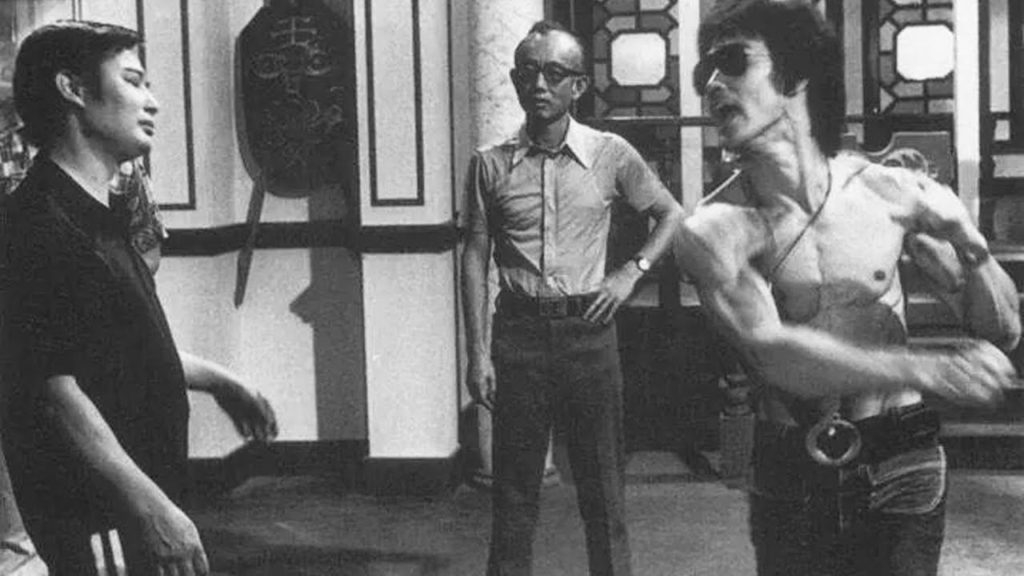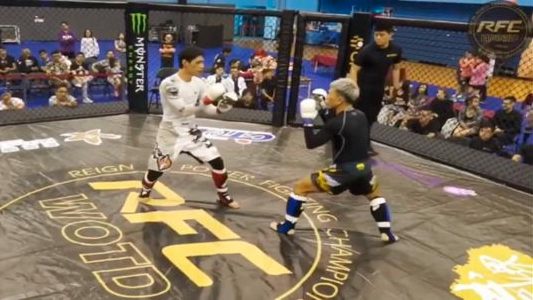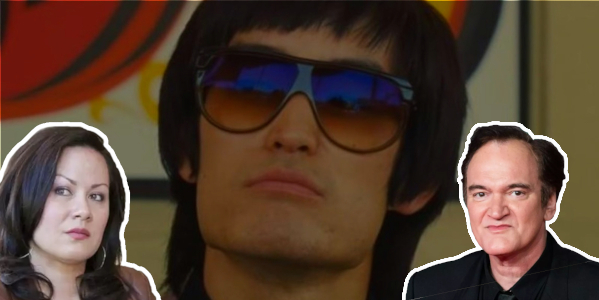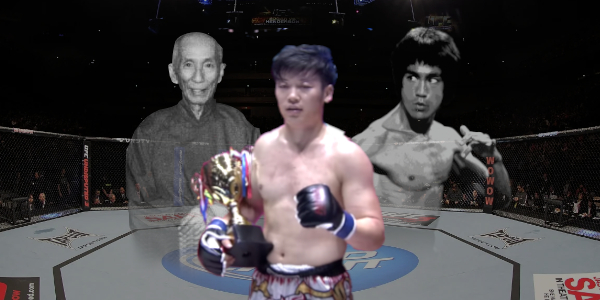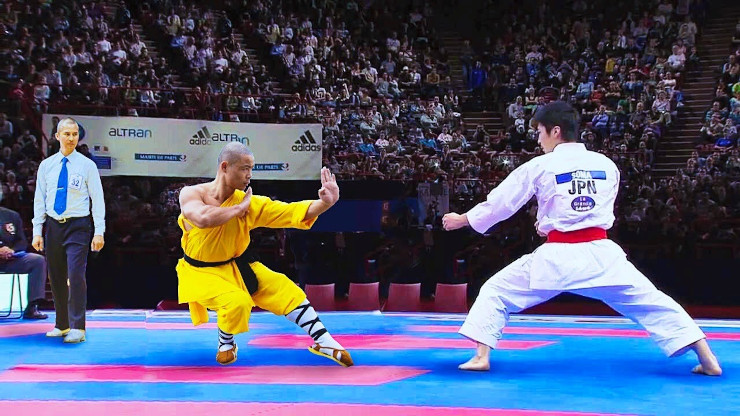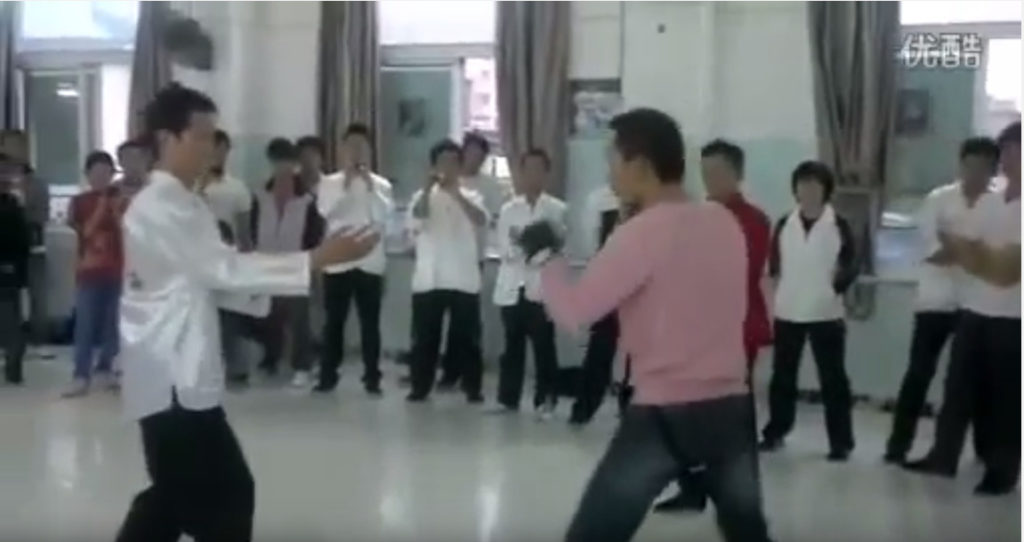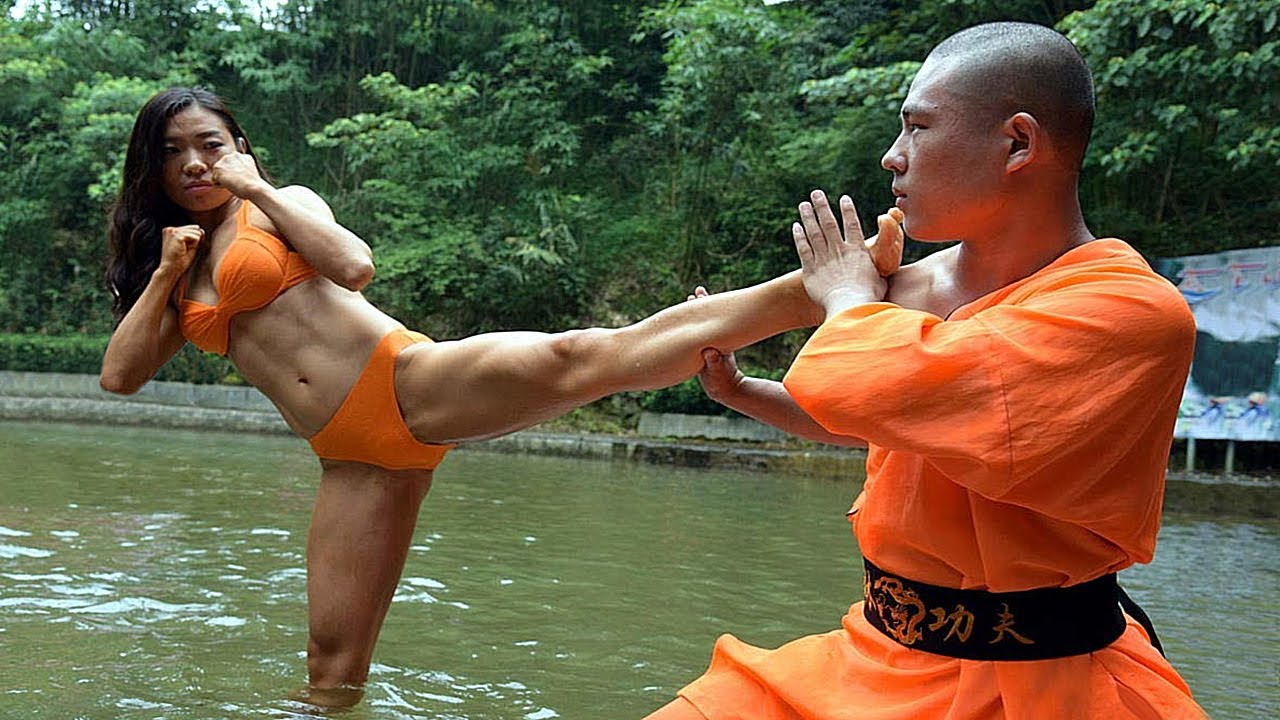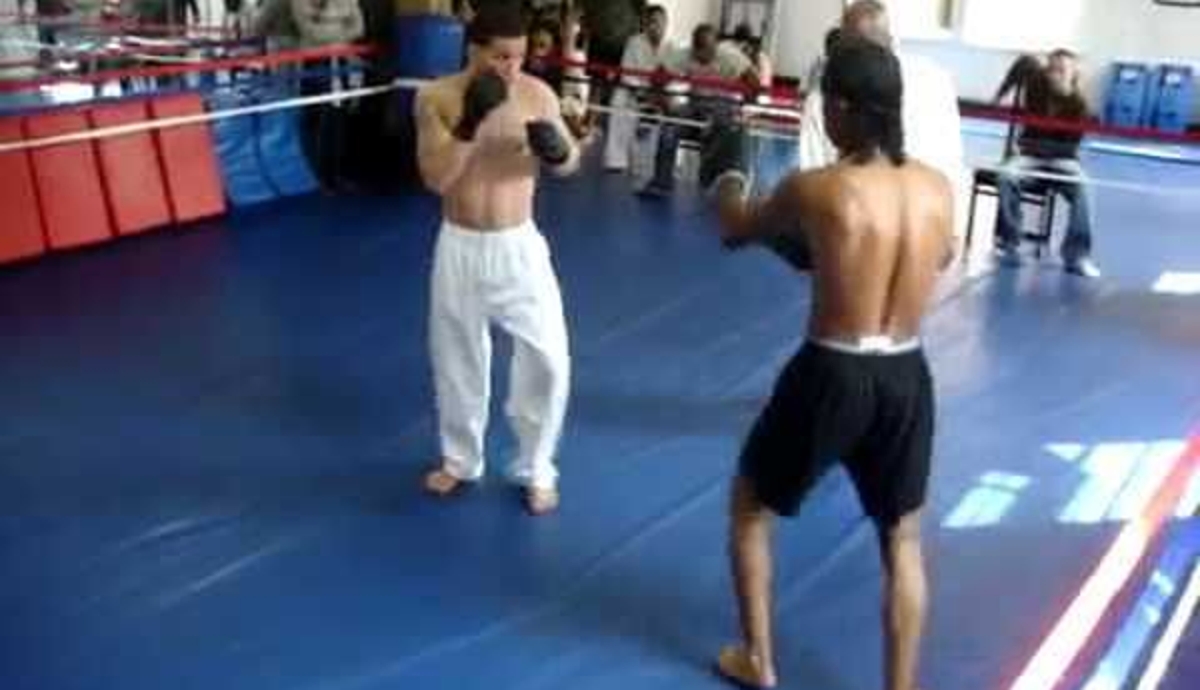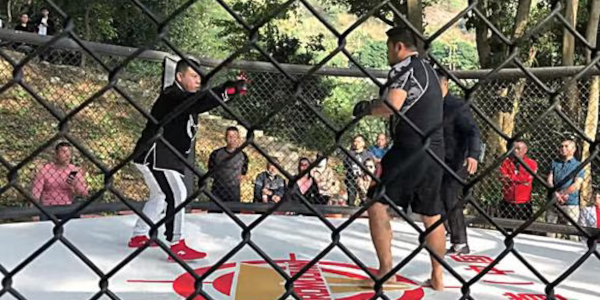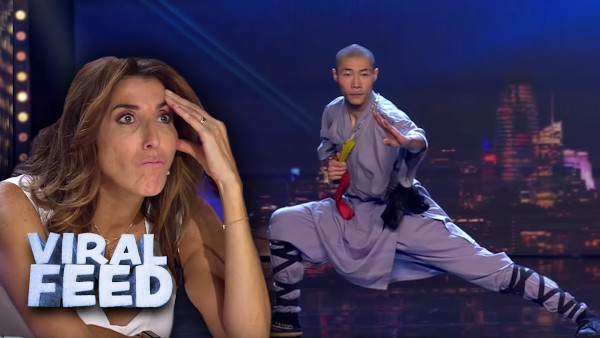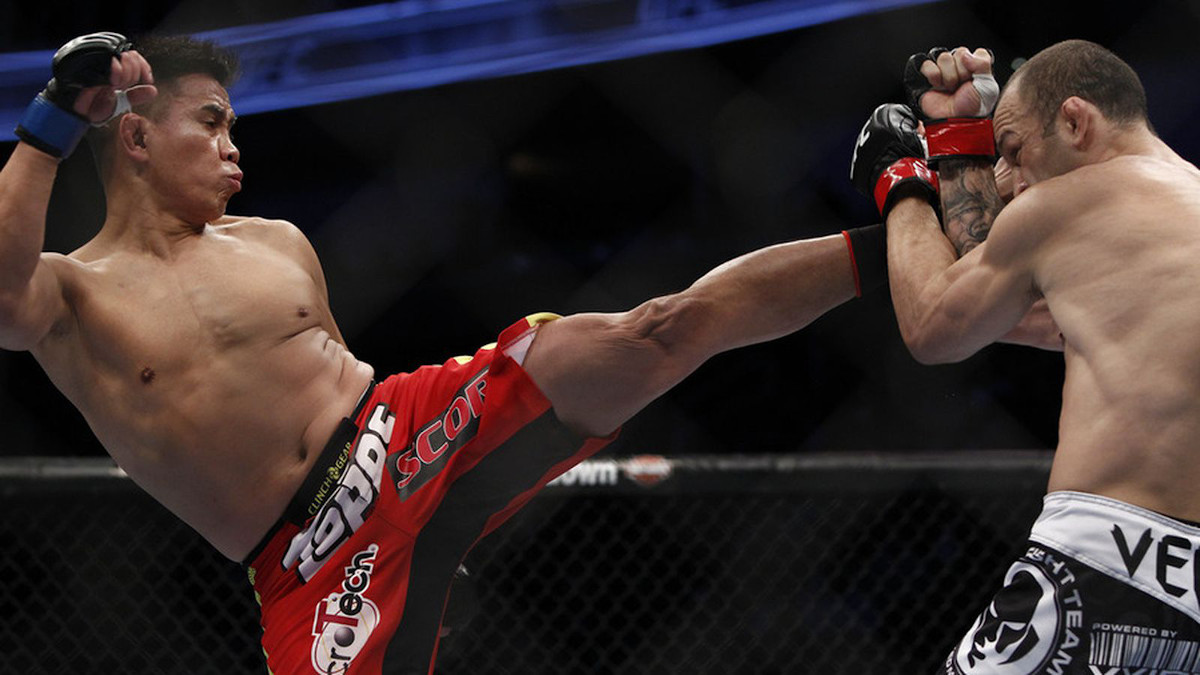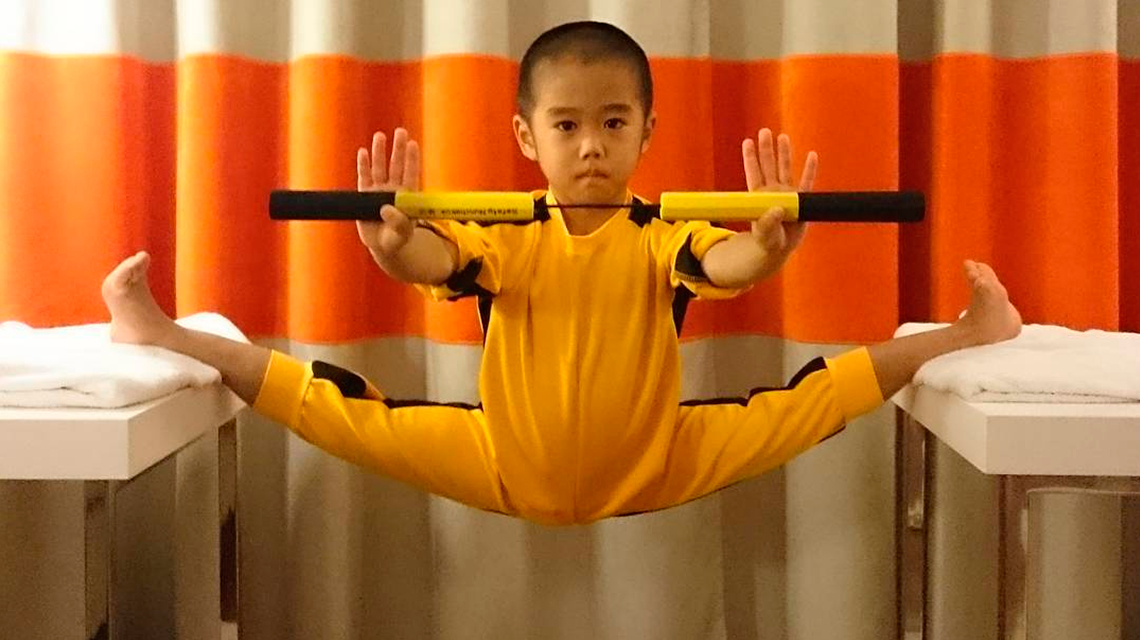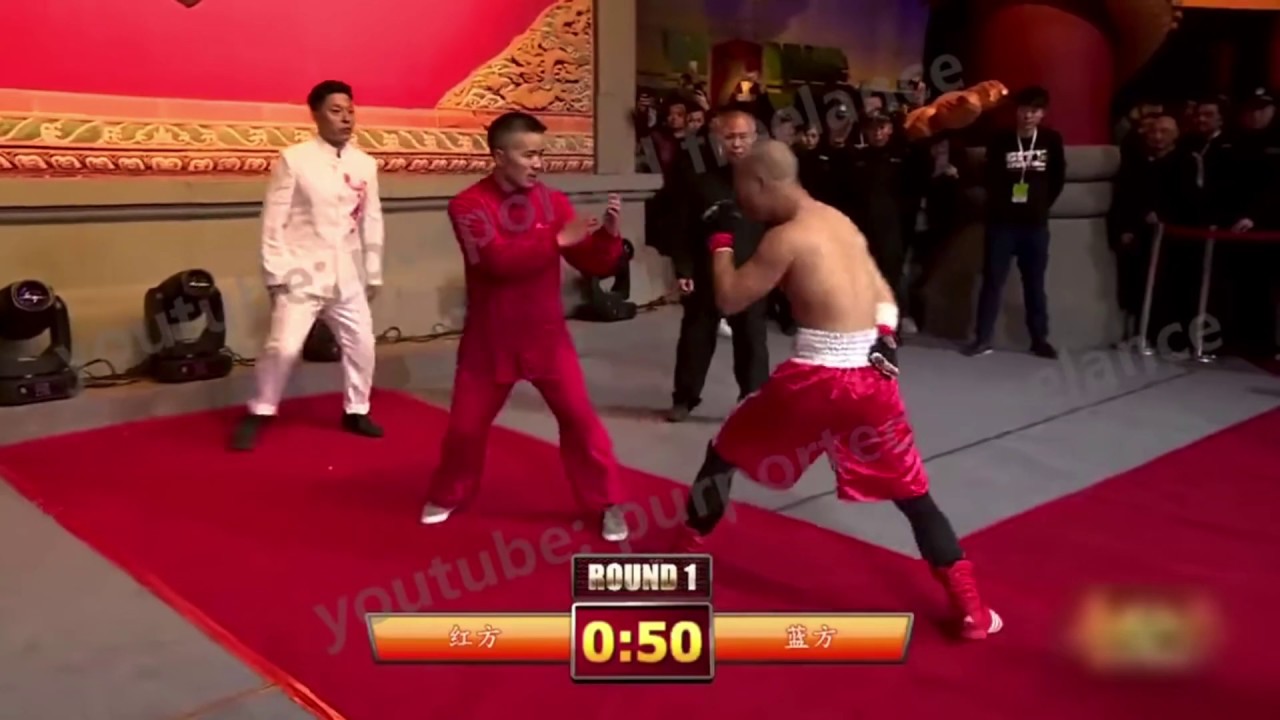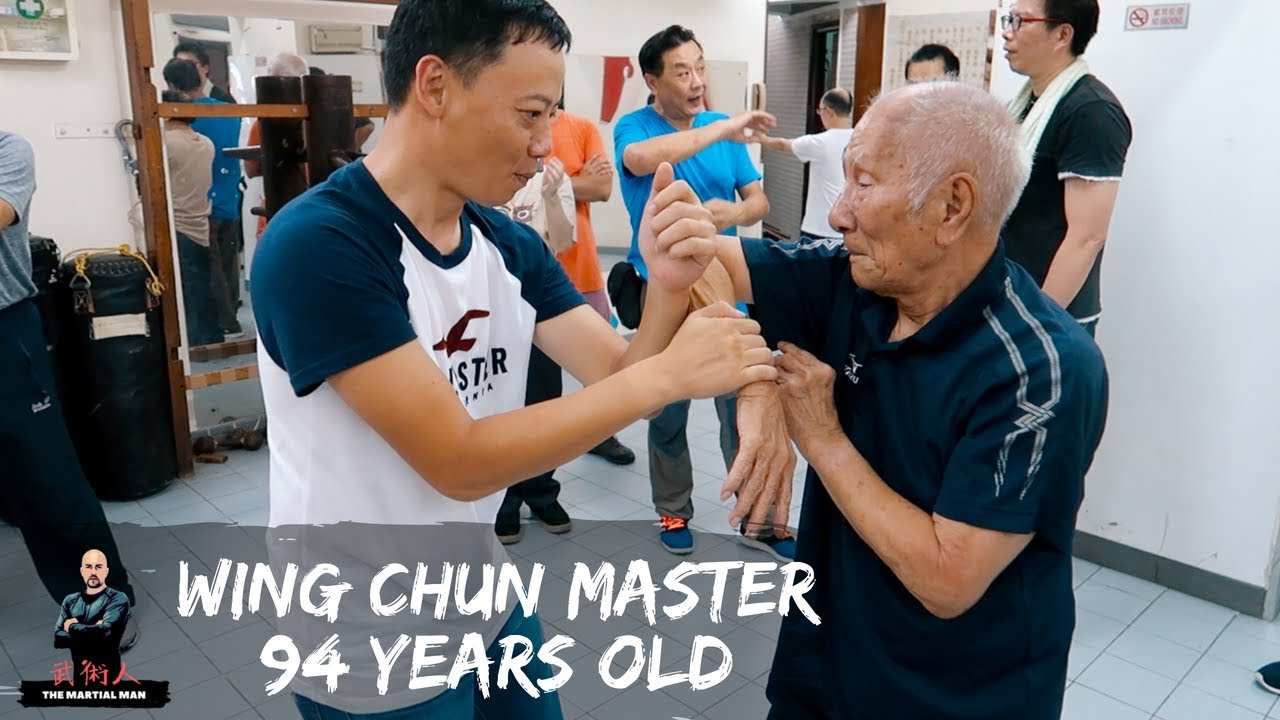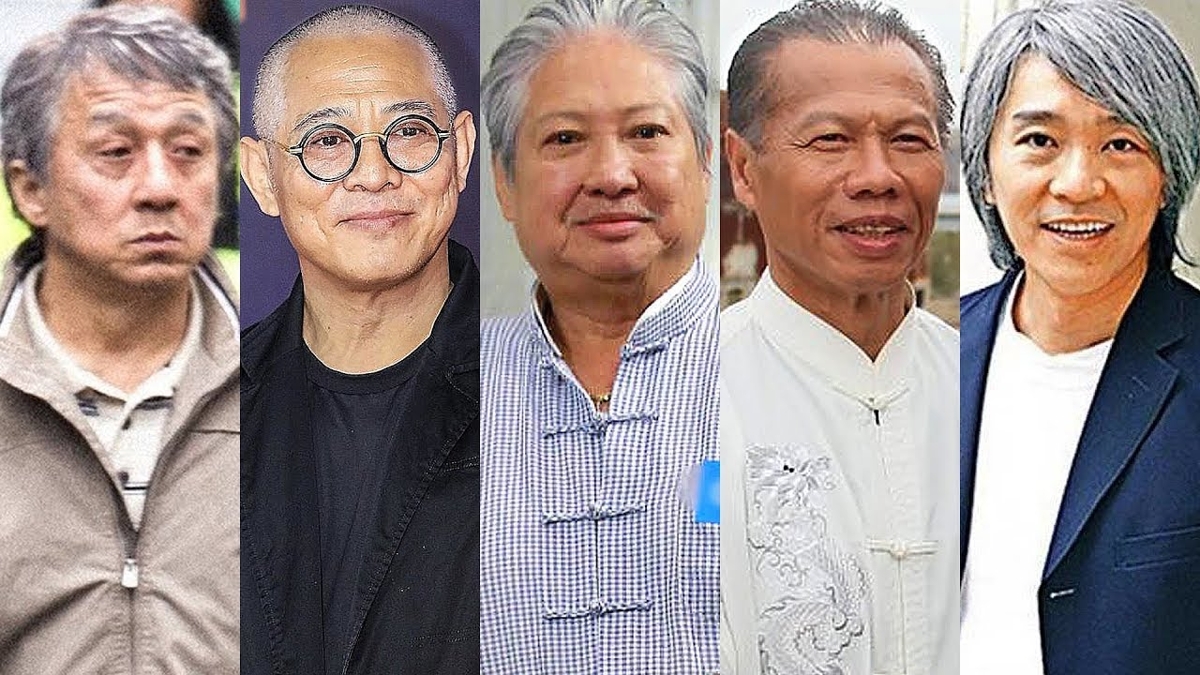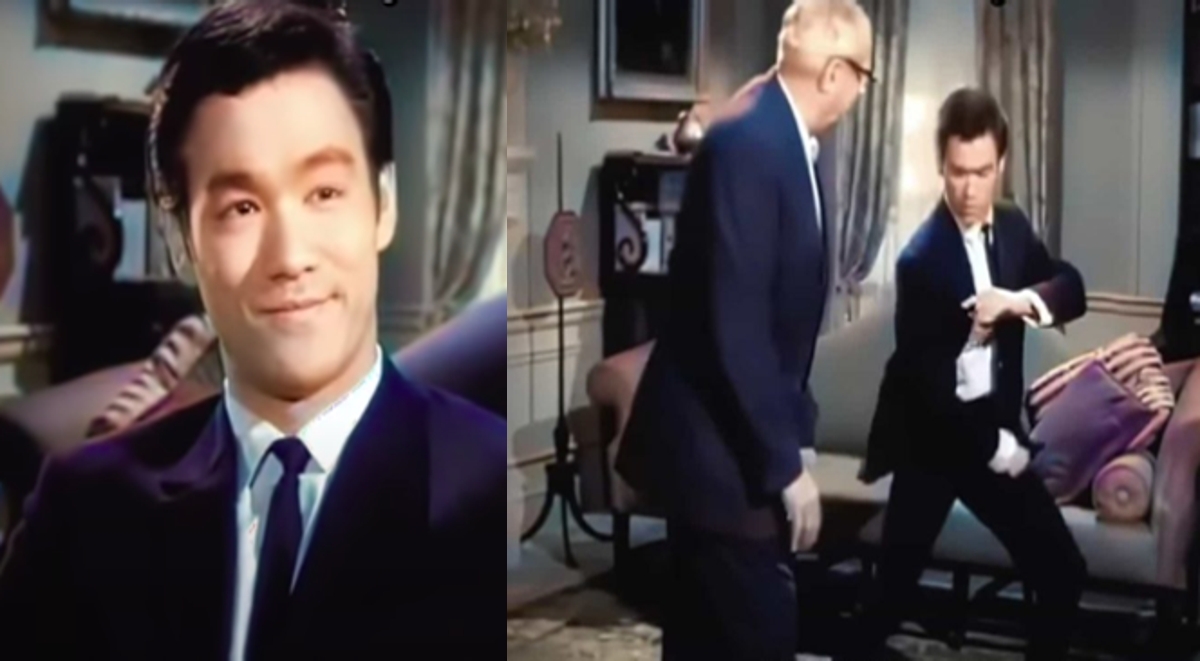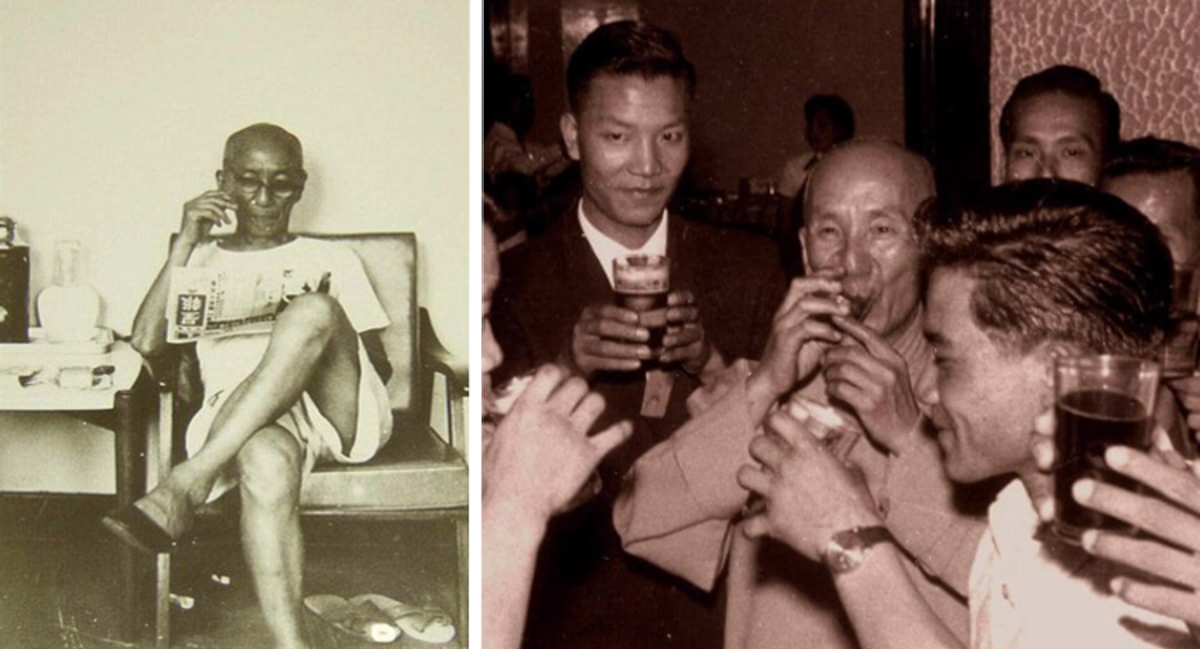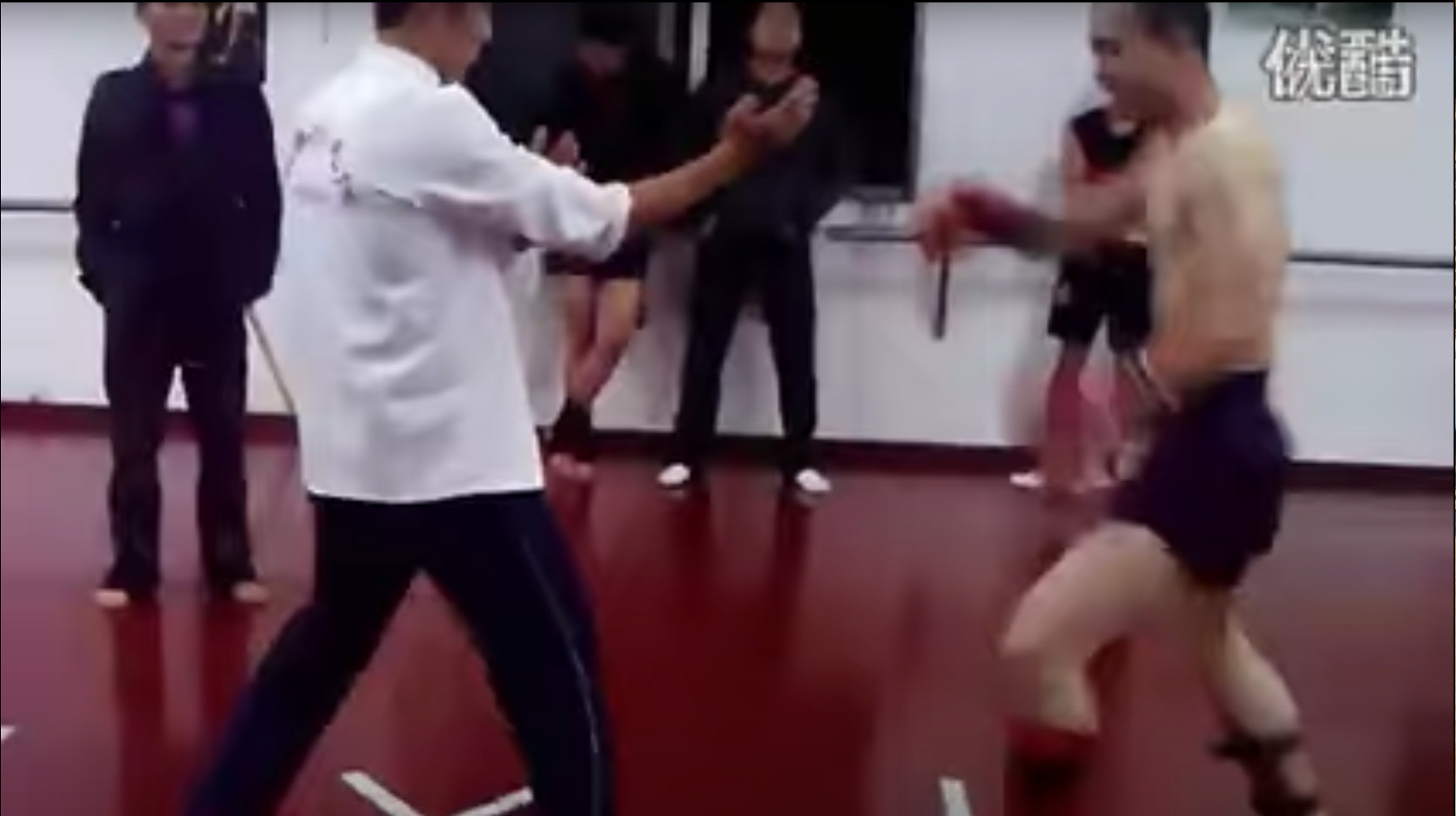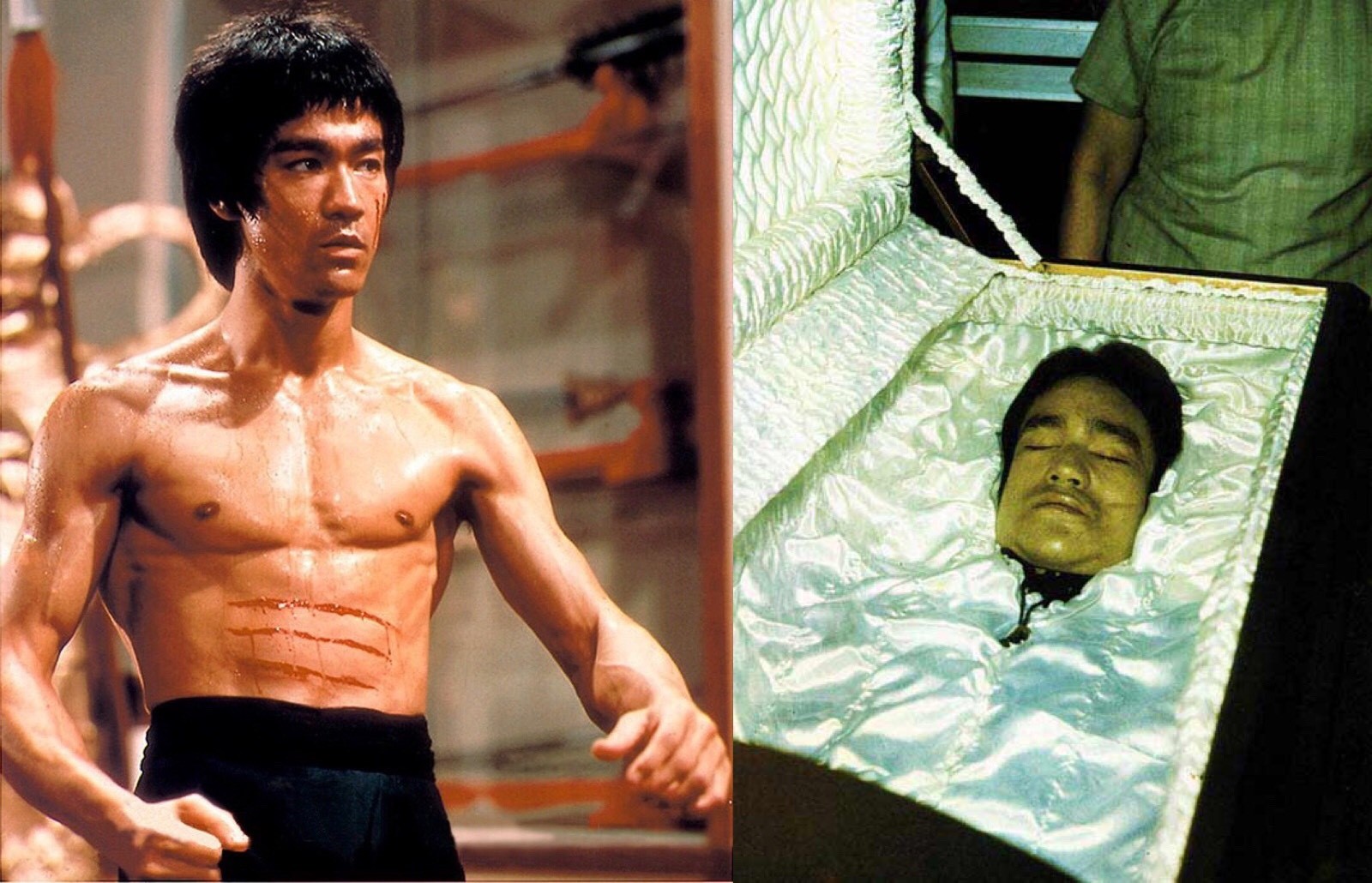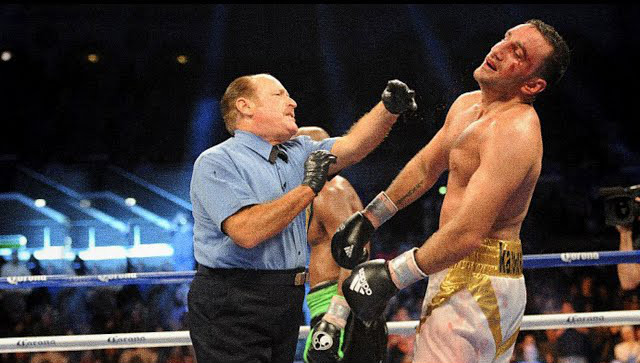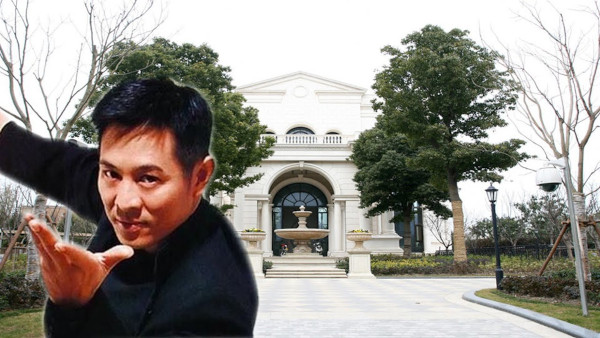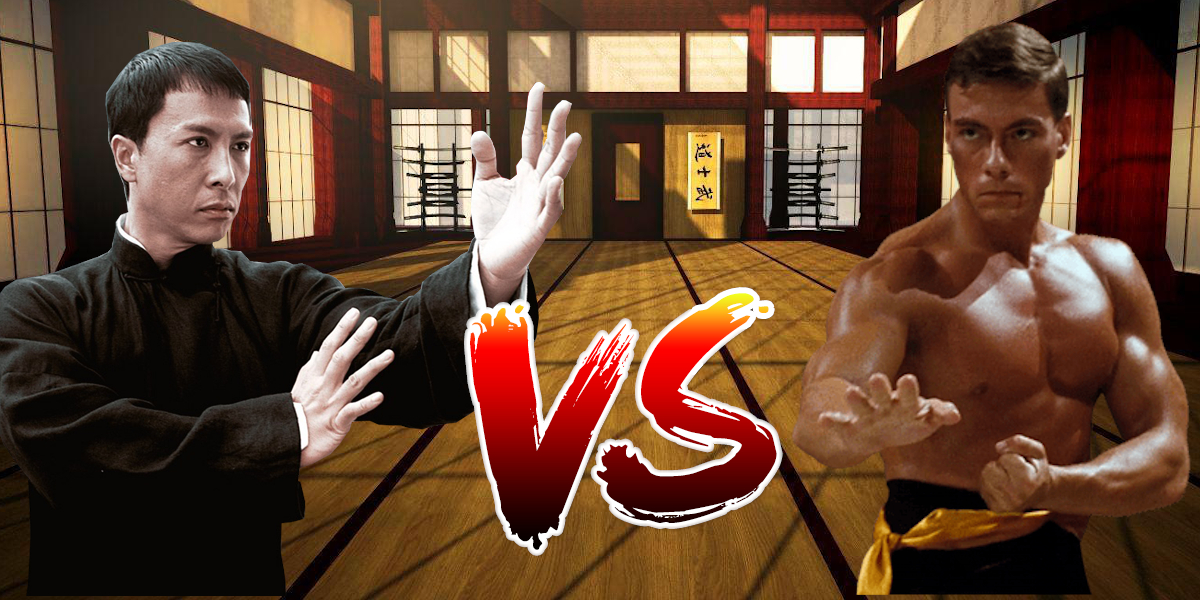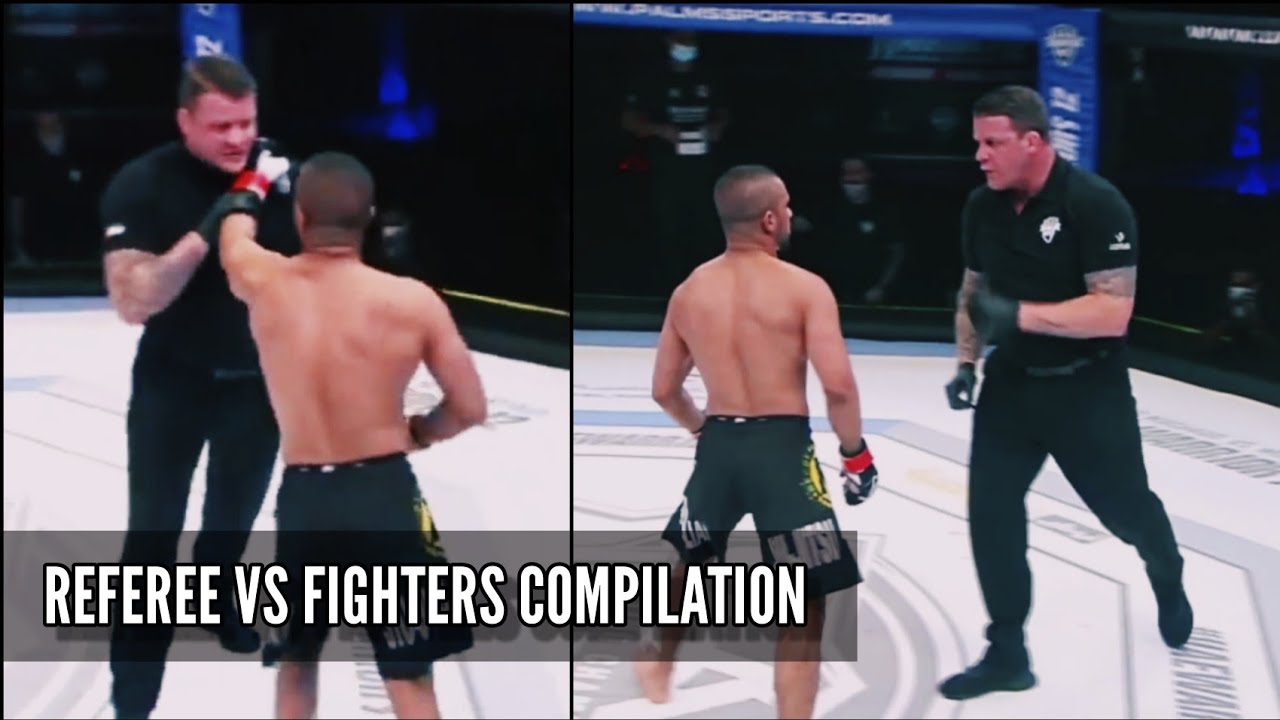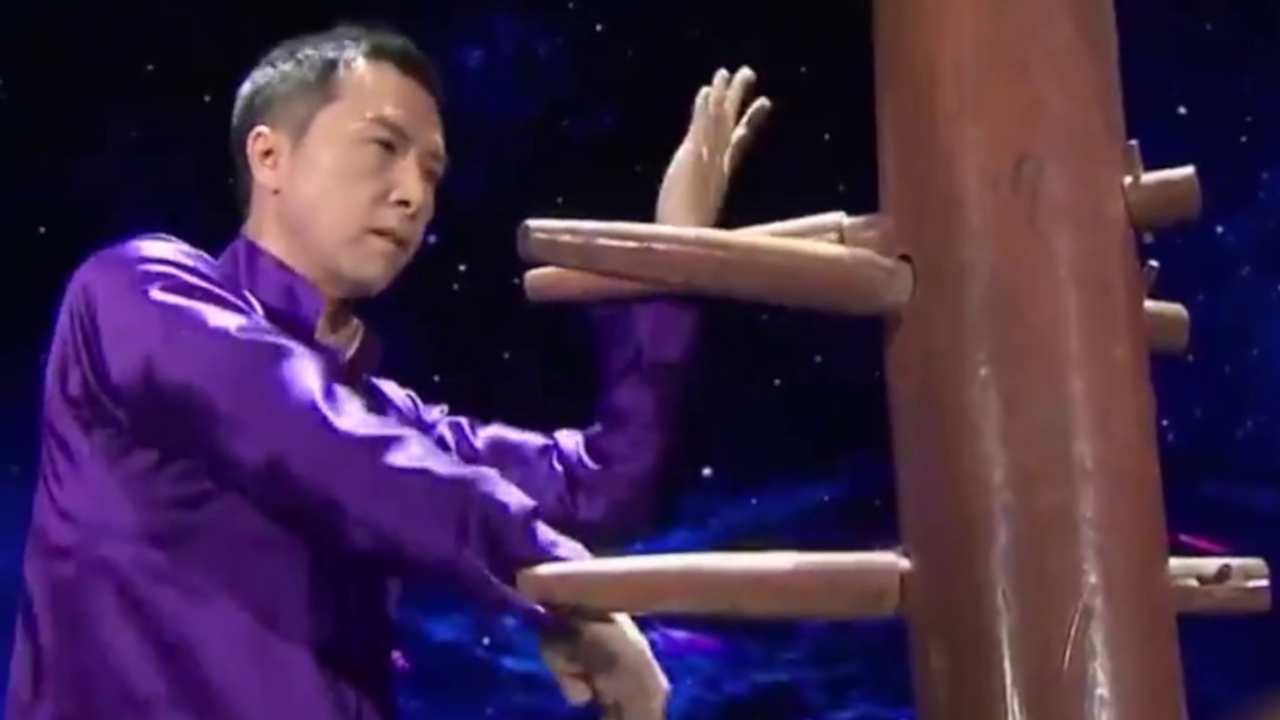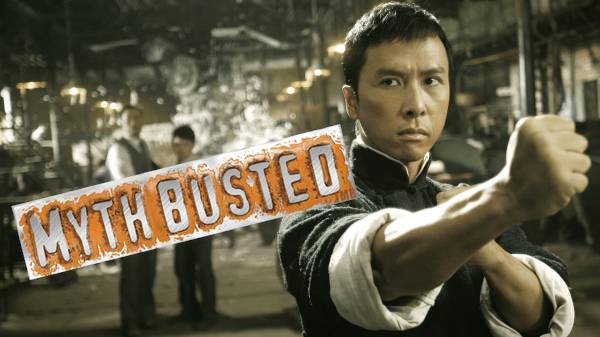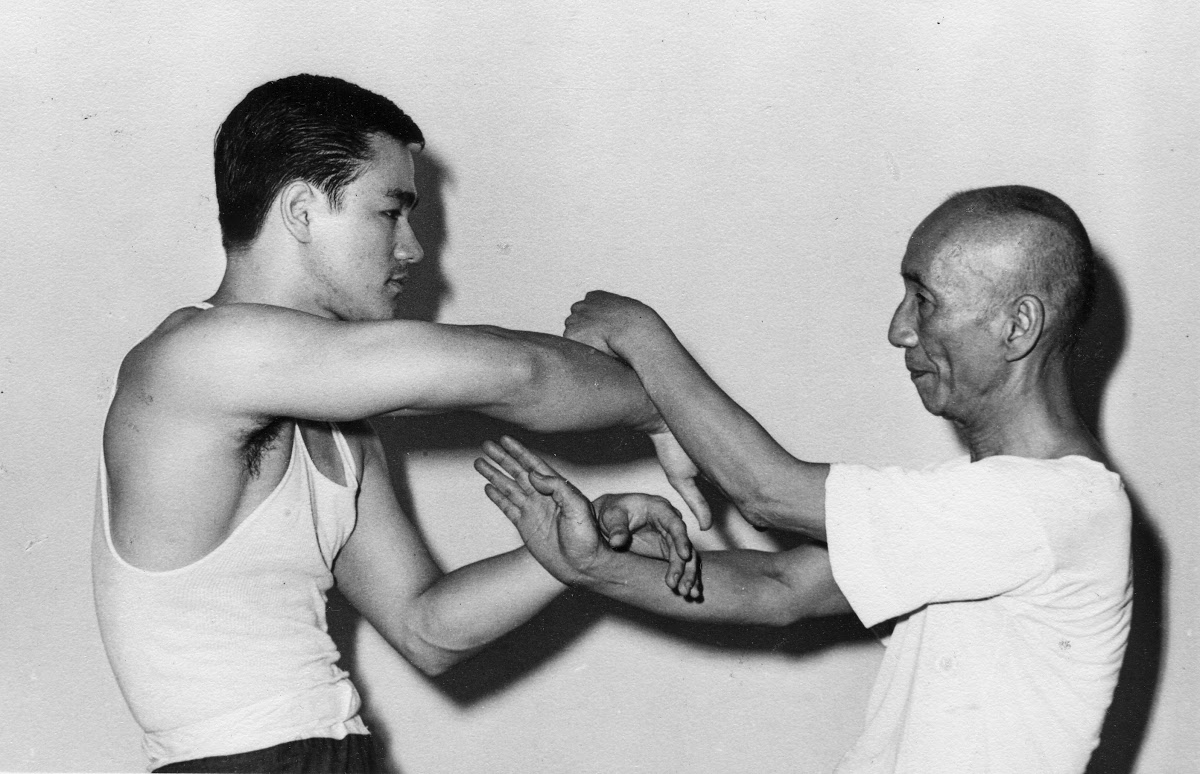Interview with Philipp Bayer - Student of Master Wong Shun Leung
Reading time: 4 minutes
Q: How did you get started in Wing Chun and who was your first teacher?
PHB: I started in Germany with the Leung Ting way of wing chun , called WT after short time I changed to Wong Shun Leung because of his Fighting System and his way of thinking.
Q: How did you get to meet sifu Wong Shun Leung?
PHB: By accident, a martial shop owner gave me his address saying "if you want to learn true Ving Tsun you must find this man."
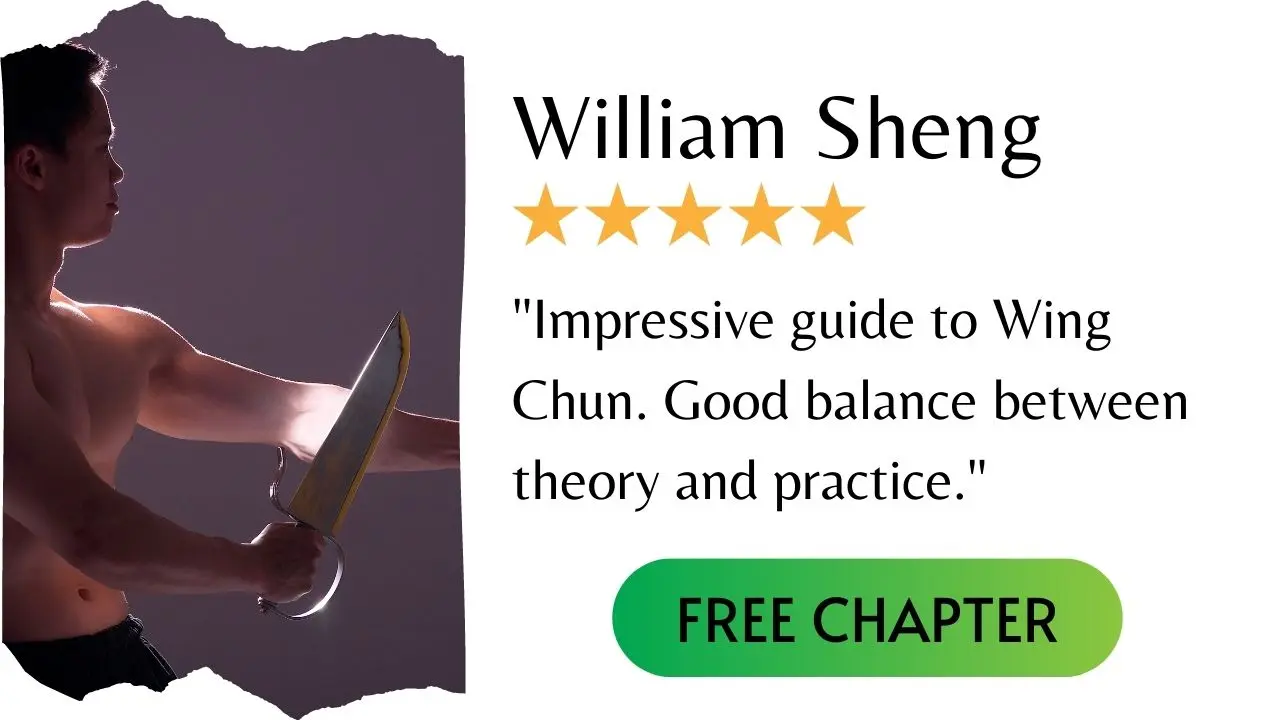
Q: What are the special characteristics of Wong Shun Leung's wing chun?
PHB: You have the objectives clearly in front of your eyes... no mystics, no secret just hard work, no playing wing chun, just fighting.
Q: What are the main principles of the art?
PHB: The Conditioning of correct behaviour and thinking for fighting, training and developing Punching Power, Strategy, Coordination, Balance, Finding and Using of Chances , timing to find the simplest and most direct way to solve ones problems in a fight and other important fighting attributes necessary to survive a fight.
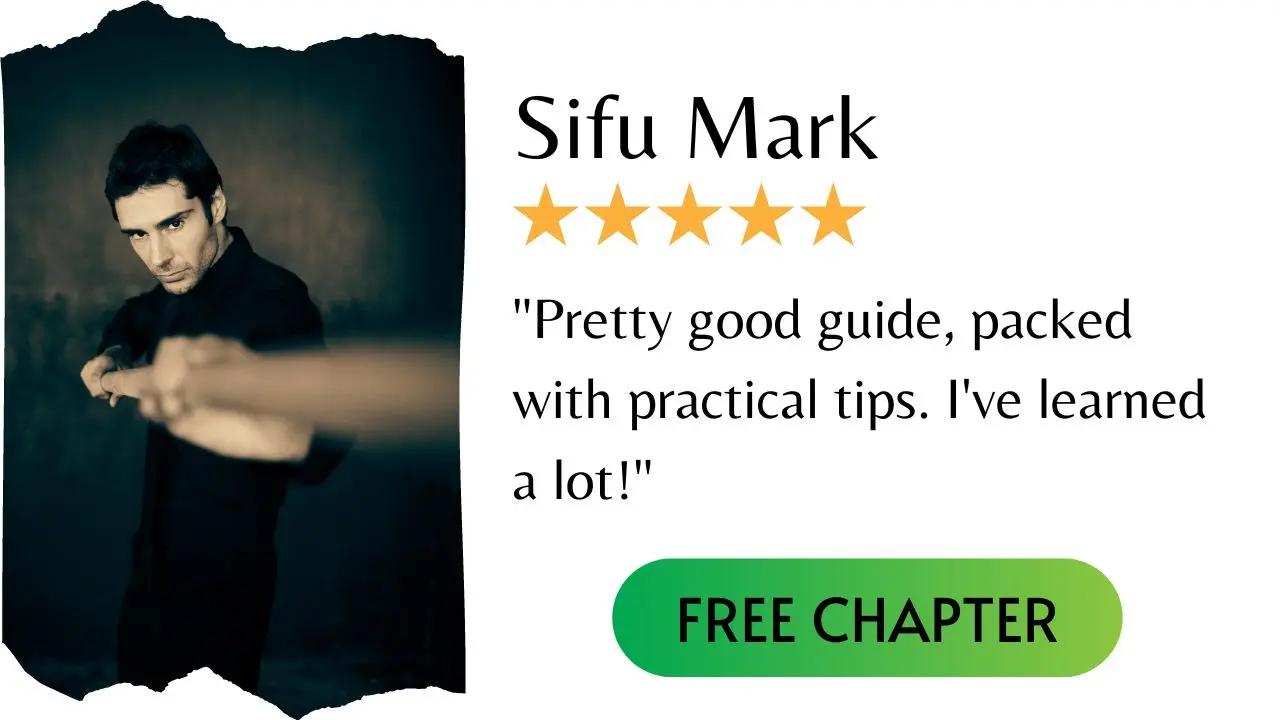
Q: How is chi sau related to combat?
PHB: To train and improve in Ving Tsun, we have a unique and versatile training partner exercise which serves to train and correct many attributes necessary for fighting...this exercise is called Chi Sau. Chi Sau is a co-operation between mutual partners to exchange and reciprocate something between themselves, if there is no co-operation...it's no longer Chi Sau, which becomes un-productive. Chi Sau is a very good exercise to help you to reach your goal and that's why we spend so much time and effort usually up to 90% of our training time, but it is still only a link or bridge between the forms and sparring which serves to develop the Idea of Ving Tsun.
Q: What is your opinion of cross training eg Wing Chun and Brazilian Jiu jitsu?
PHB: To obtain combat proficiency in Ving Tsun, you have to train very hard, to keep this level even harder... there is no time for implementing other ideas.
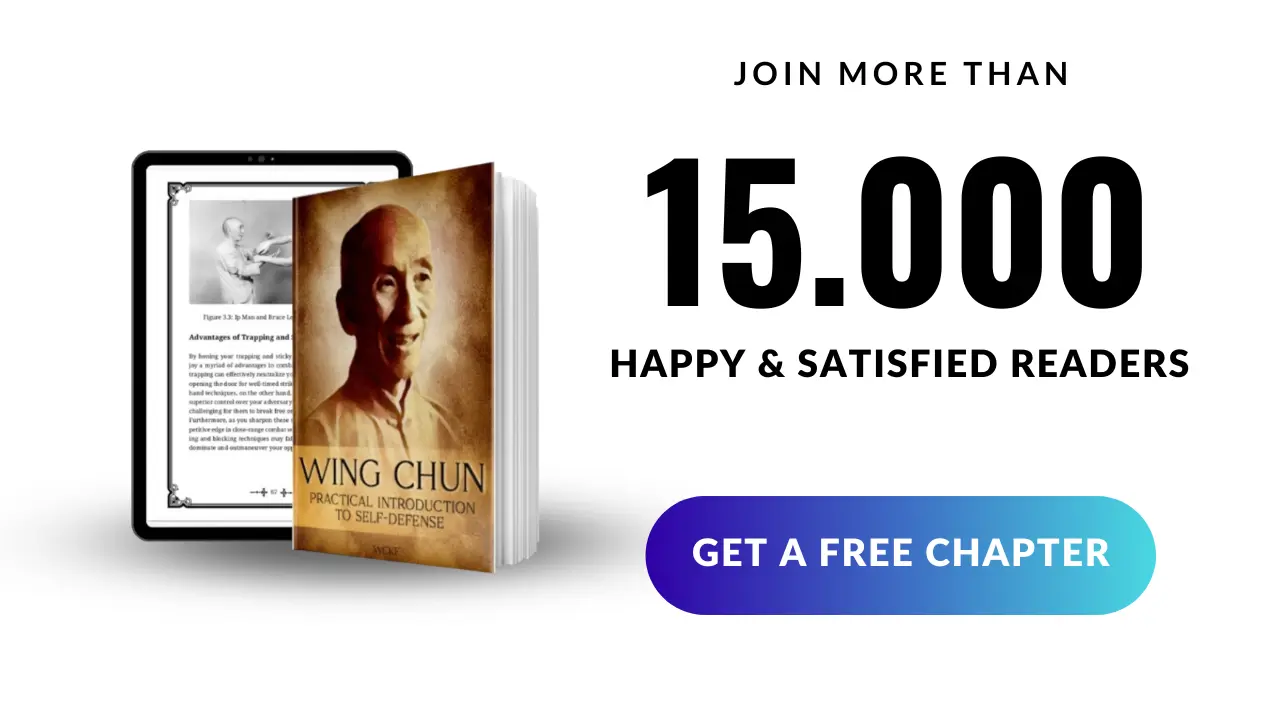
Q: What are the different types of footwork used in Wing Chun? Could you please describe them?
PHB: There is only one type of footwork... we try to cut the enemies way and interrupt the attack
[caption id="attachment_76" align="alignright" width="300"]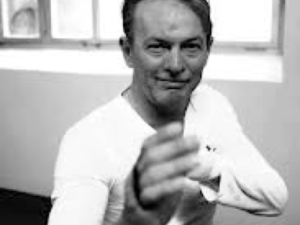 Philipp Bayer[/caption]
Philipp Bayer[/caption] Q: The wooden dummy is broken down into 108/114 movements.These movements are further grouped into sections. How many sections are there in the wooden dummy techniques and does each section have a particular purpose to teach the practitioner?
PHB: Like Chi Sau and other methods to train your behaviour in fighting, we use the dummy. Most of the dummy sections train your elbow position for the main weapon of Ving Tsun... the straight punch. But it also improves coordination , synchronisation of leg and arm movements and to use ones whole body structure to hit. Proper footwork and timing is also learnt, among other things.
Q: Please explain the concept of using body structure in Wing Chun ?
PHB: A good punch doesn't come from the arm only, you need your complete body... in chi sau for example we create the perfect structure to use the body for punching, when we are able to exchange the force with the partner. The quality of the exchange is the key...
Q: How is your typical Wing Chun class structured?
PHB: My students start with the forms of Ving Tsun in order to create and keep the right idea. Later they start to train the main weapon.

Q: What is your opinion of chi sau competition?
PHB: Unable to think of that!
Q: What is you opinion of supplementary training for Wing Chun eg running to build endurance and weight training for strength?
PHB: In Ving Tsun you learn very early to find your weak points and what you have to do to rectify them. Running for example is not bad, but to be in good condition for fighting, you need to fight and spar.

Q: Is grappling and bone breaking techniques included in the art?
PHB: No.
Q: Sifu I am going to list a few techniques and concepts. Briefly state in one sentence a important point for each techniques in relation to combat.
- Tan sau - trains your punch
- Bong sau - open the way for striking
- Fak sau - trains your punch
- Pak sau - open the way for striking
- Kwan sau - trains your punch
- Tok sau - we dont have
- Poon sau - exchange of force
- Fak sau - striking
- Lap sau - open the way for striking
- Yee gee kim yum ma - training stance .. to conditioning the foot and knee position for supporting the punch
- Jum sau - trains your punch
PHB: By the way... you didn't ask me about the most important technique (principle) , the straight punch!?!

Q: What are your thoughts on the future of Sifu Wong Shun Leung's wing chun?
PHB: I hope that we can keep the stupid and foolish people away from the system.
Thank you for allowing us the opportunity to interview you.
Thank you. Your comment will be approved shortly.
Comments
Thank you. Your comment will be approved shortly.
Thank you. Your comment will be approved shortly.
Thank you. Your comment will be approved shortly.
Thank you. Your comment will be approved shortly.
Thank you. Your comment will be approved shortly.

